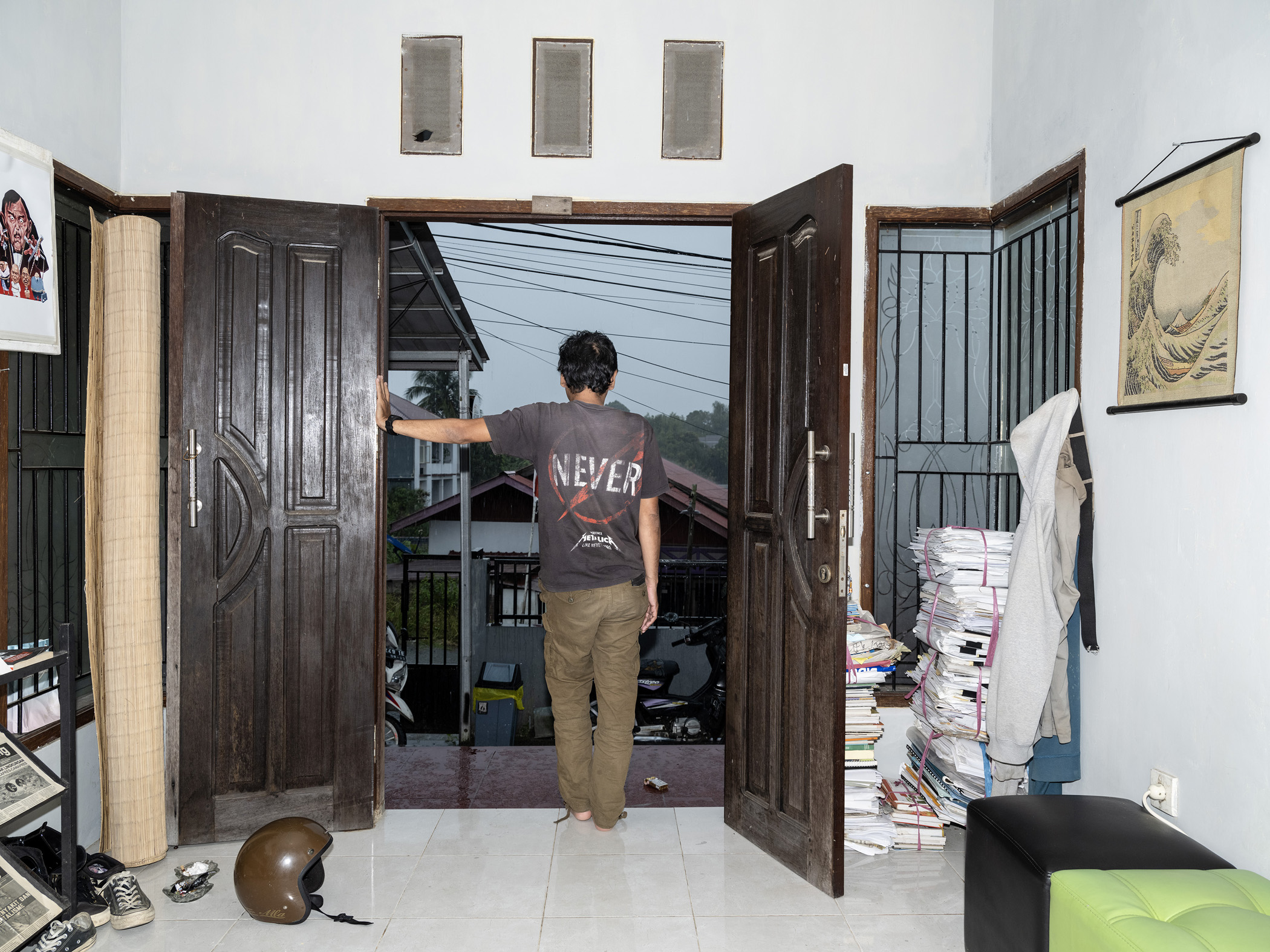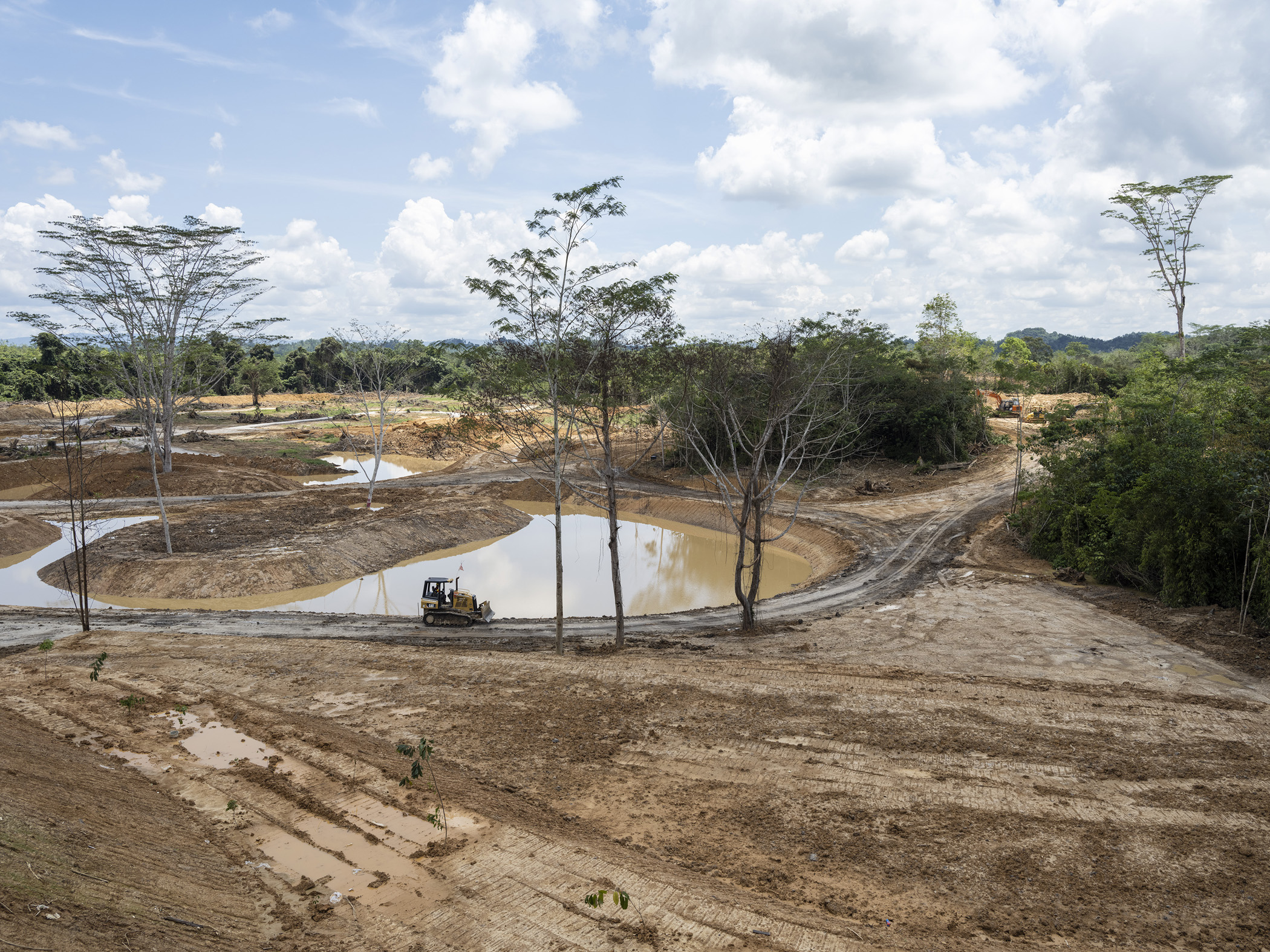Jakarta is sinking, struggling to keep the sea from invading the streets and neighbourhoods.
Forty percent of the city is technically below sea level and decades of pumping groundwater out to sea on a massive scale have made the subsidence worse.
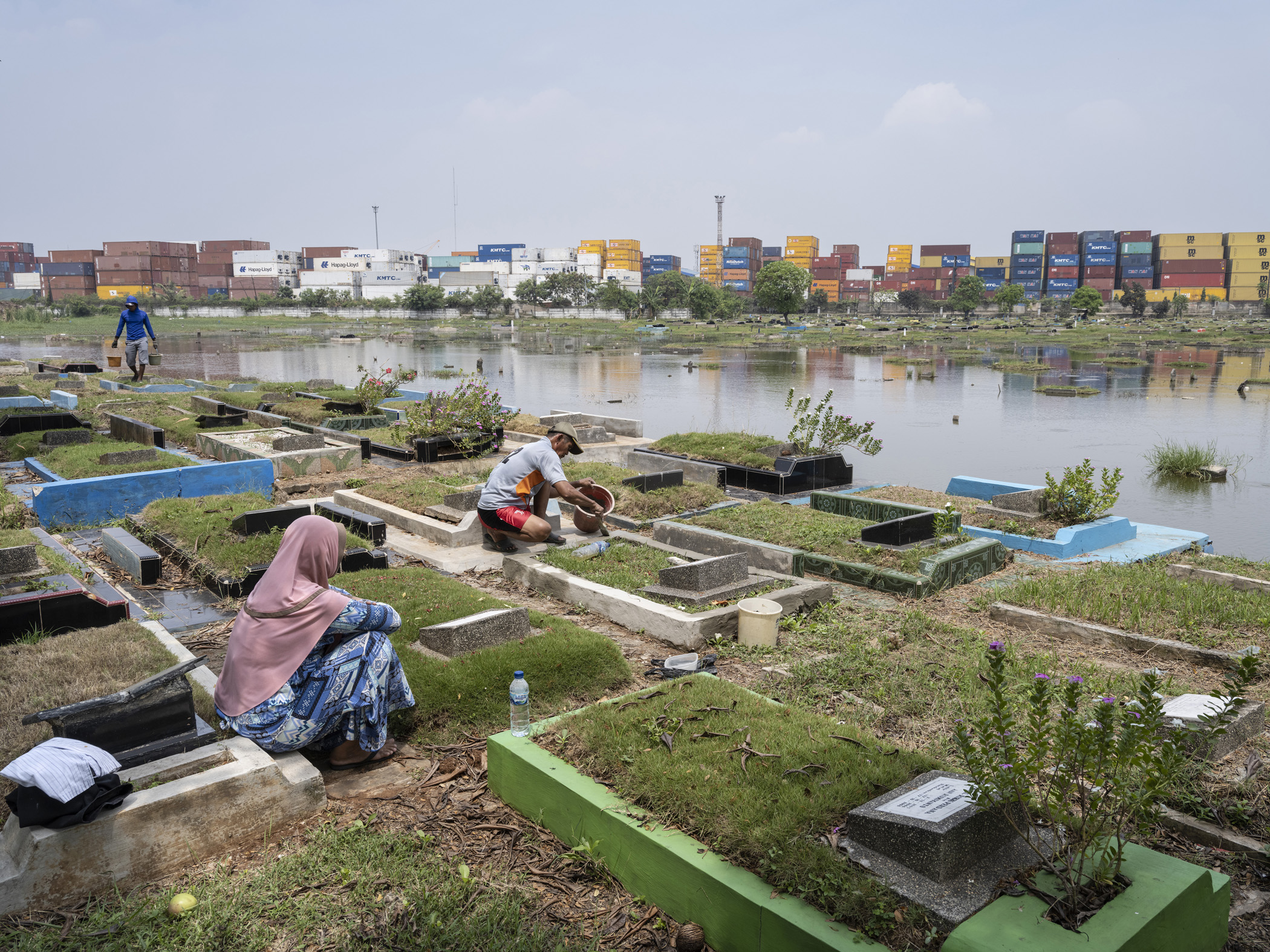
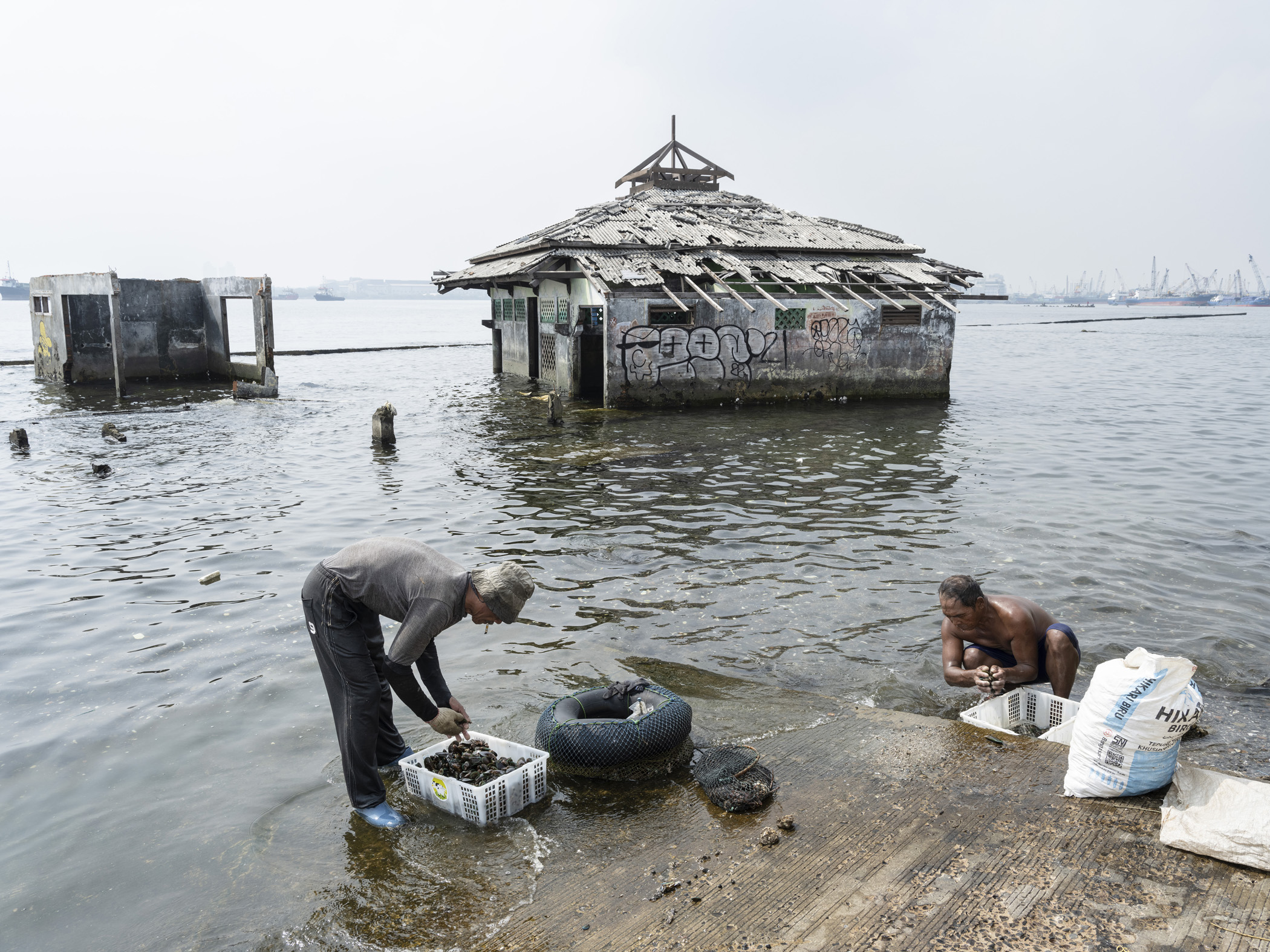
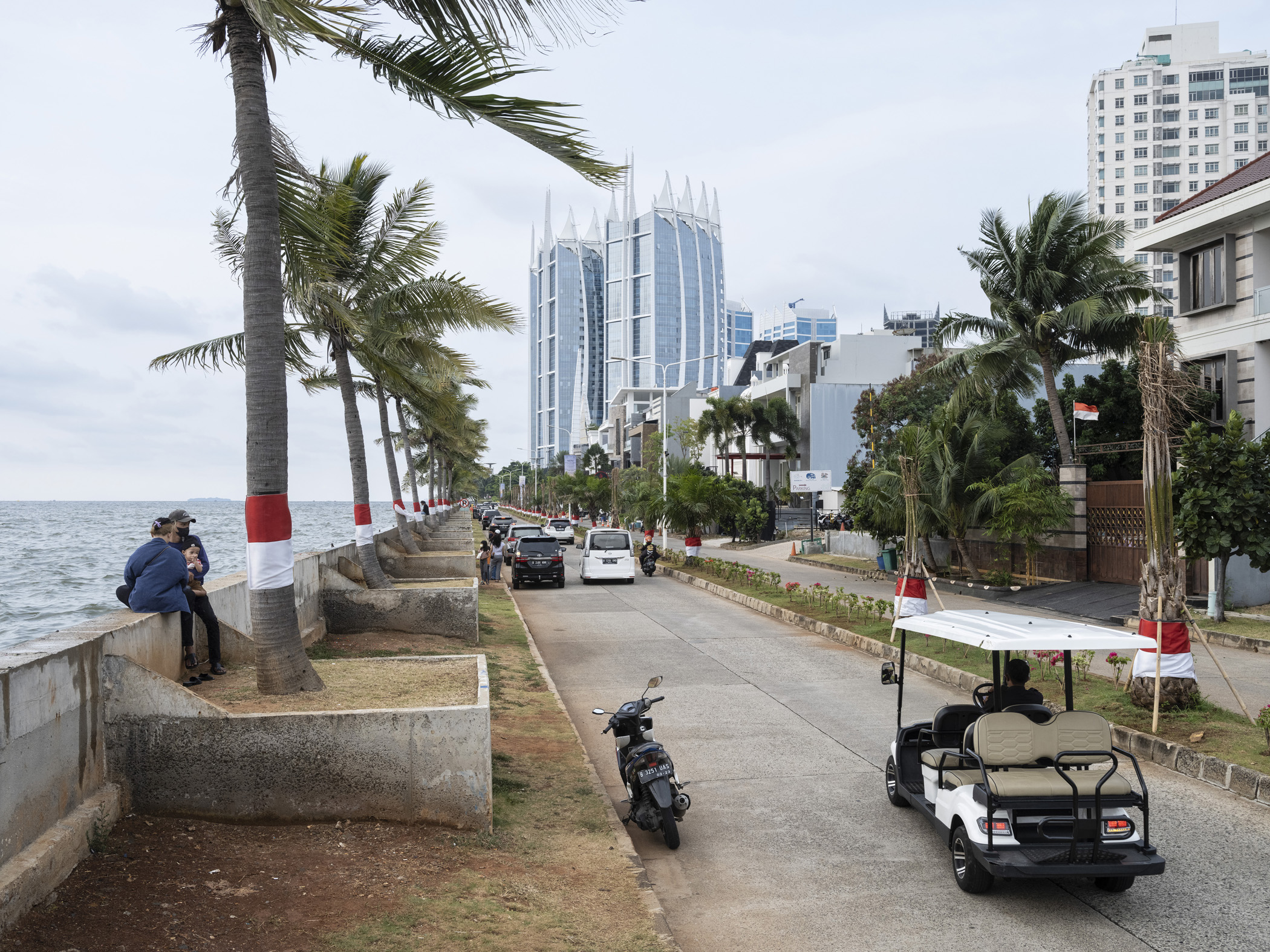
Some districts are sinking over 16 cm per year and some low-lying sections are already permanently flooded. The flooding is exacerbated during the heavy rains of the monsoon season, causing misery for millions of slum dwellers.
And as the city sinks, the sea levels are rising, brought on by global climate change. Scientists predict that if the climate crisis is not addressed with urgency, most of Jakarta will be permanently flooded by mid century. A system of concrete flood wall erected along the coast in North Jakarta will not be able to withstand the deluge.
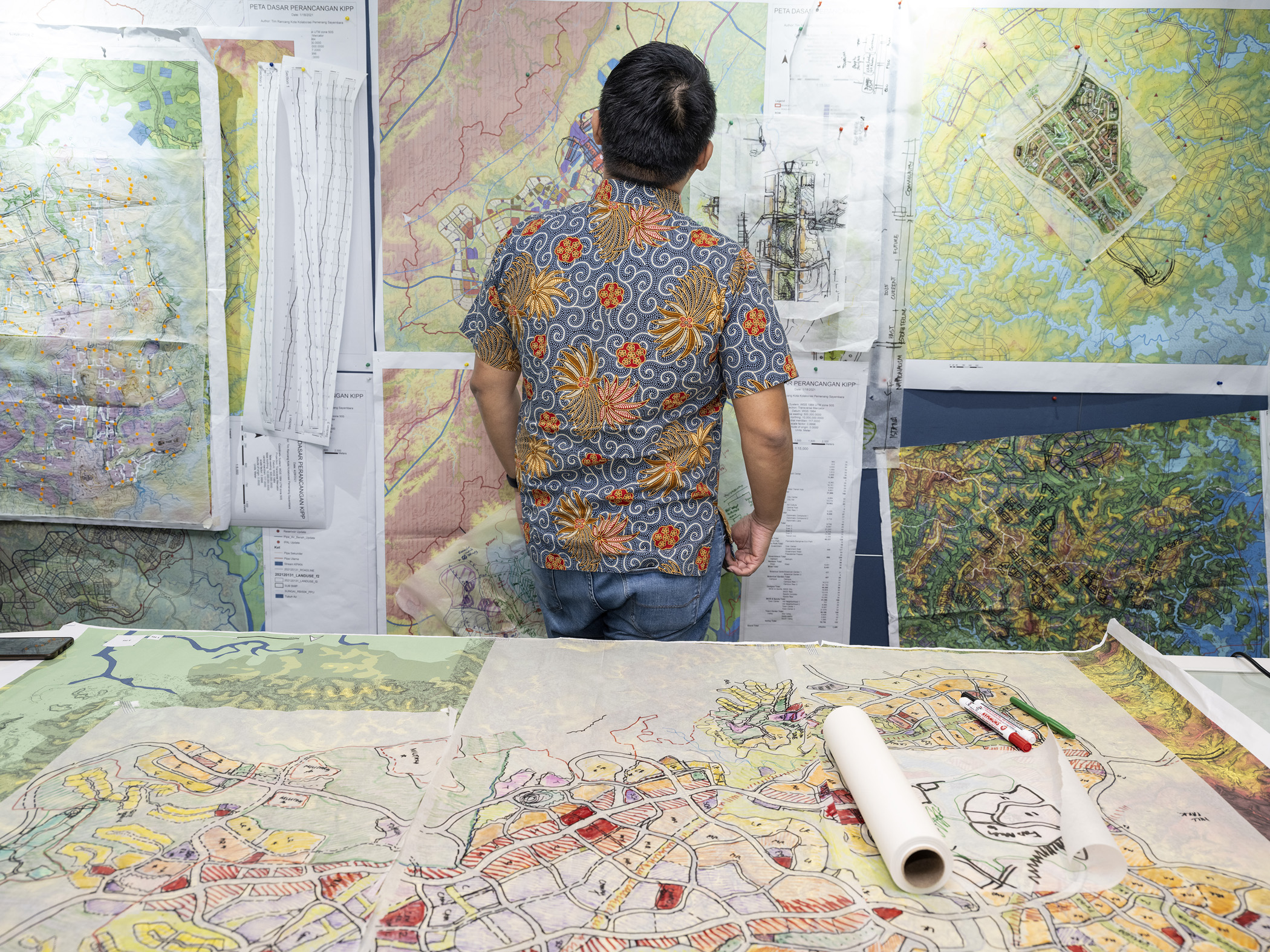
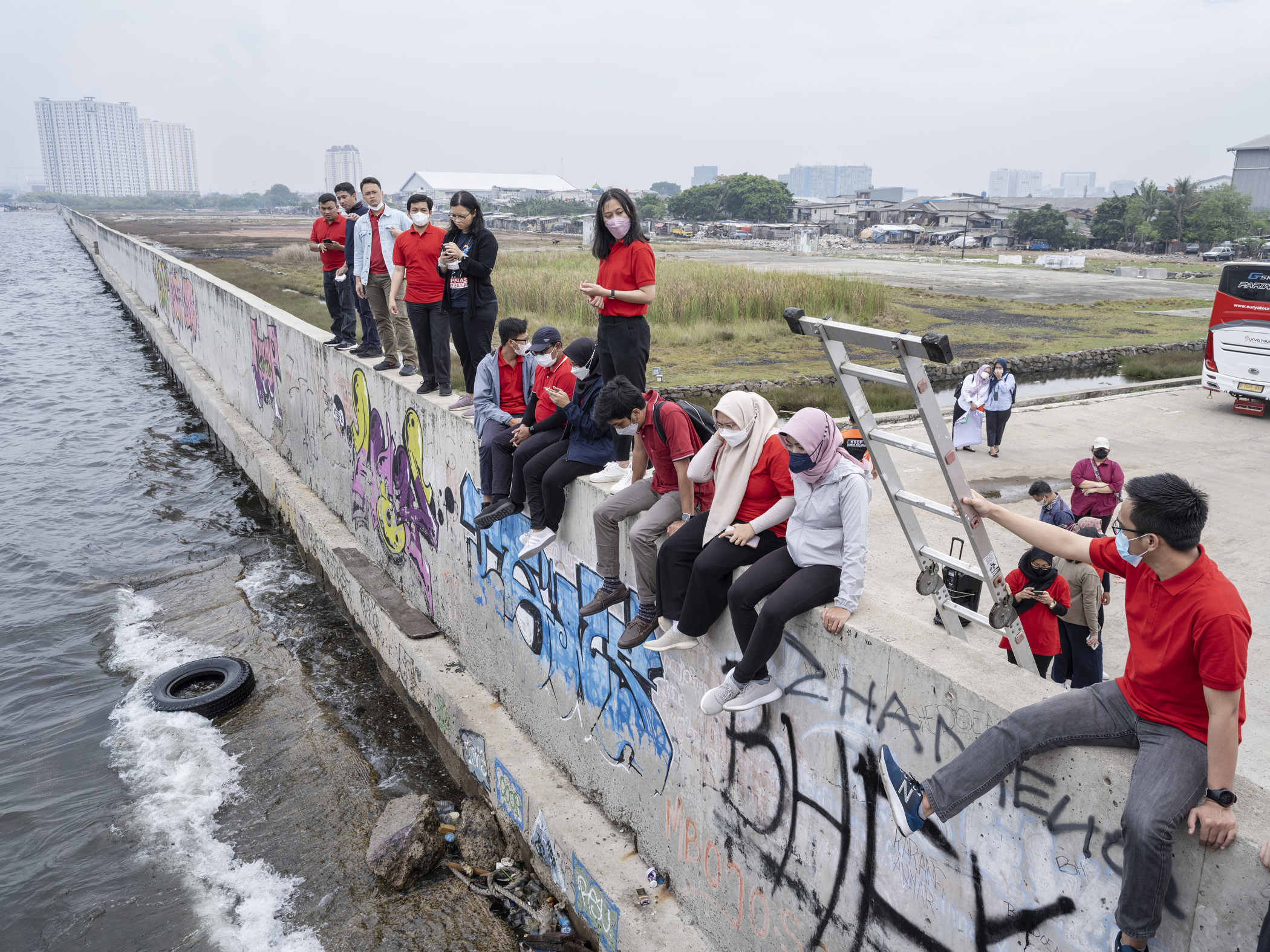
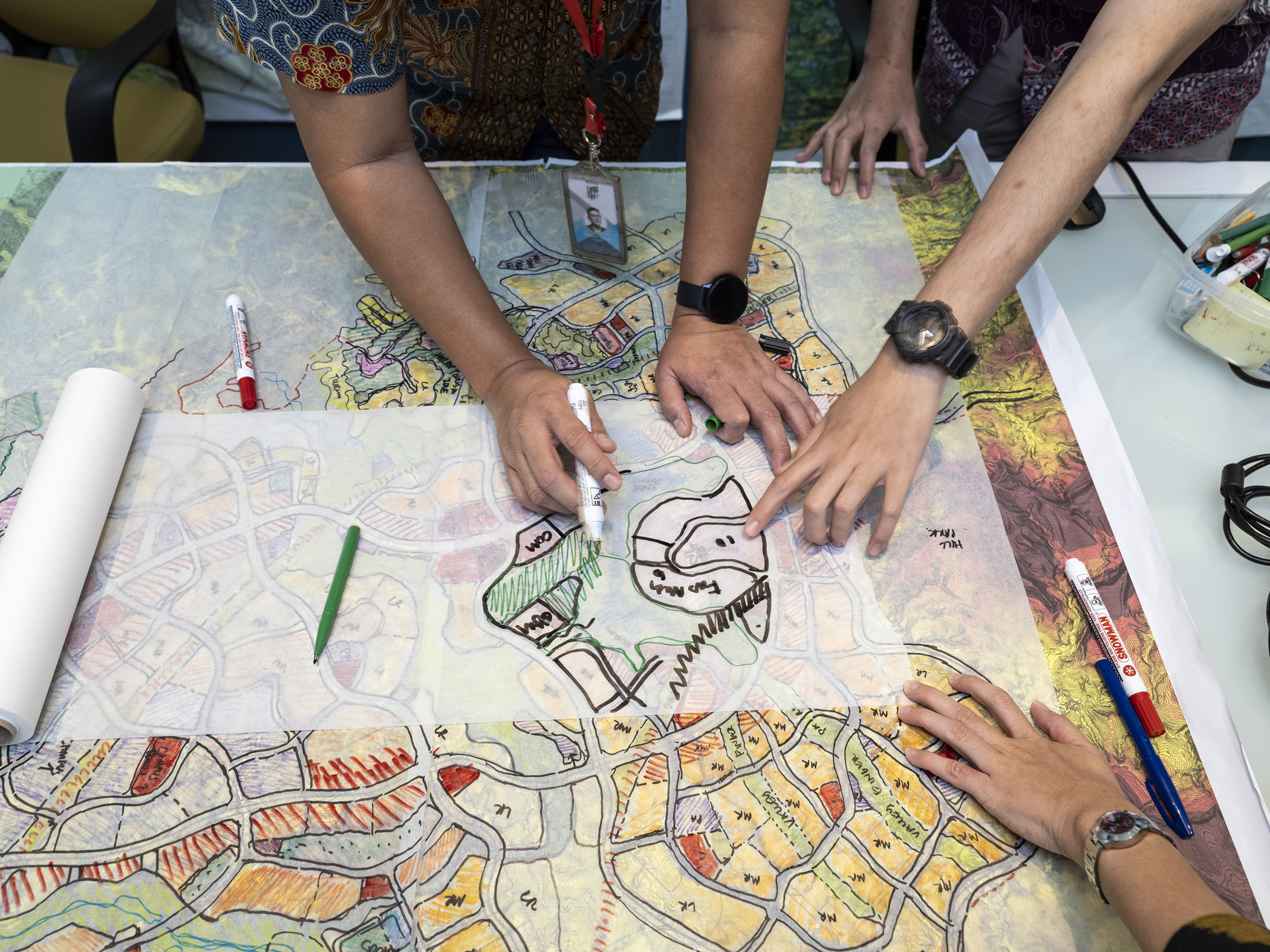
Plans to relocate the capital – the sixth largest city in Asia – have been talked about for decades. In view of the seriousness of the situation the government of President Joko Widodo, known as Jokowi, finally decided to take action in 2019.
An area of over 2,500 square kilometres – almost four times the size of Jakarta – has been earmarked in Borneo’s East Kalimantan province, as the site for the new capital. At present, there is very little evidence of the future city in an area covered in large-scale palm oil and eucalyptus plantations.
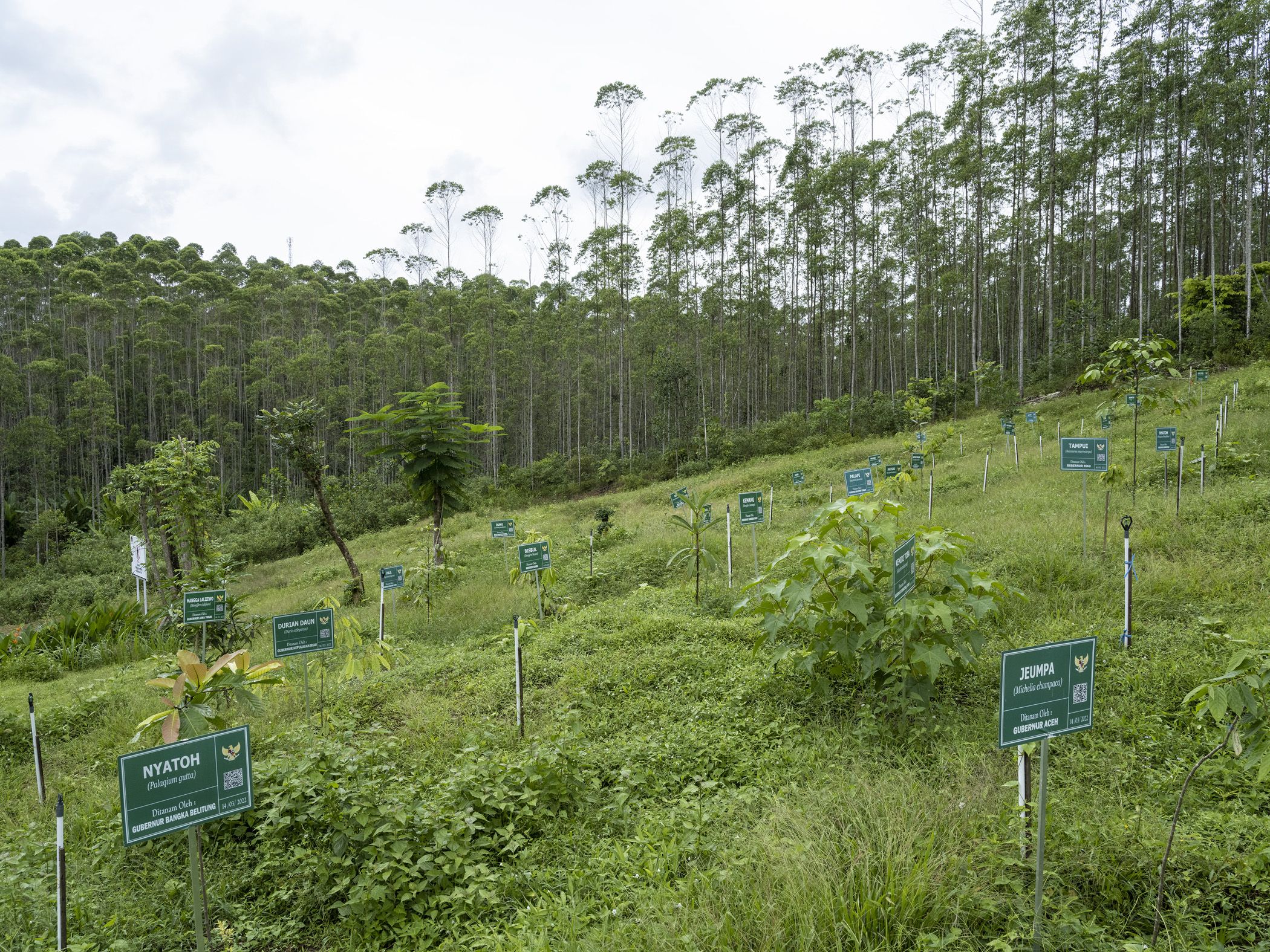
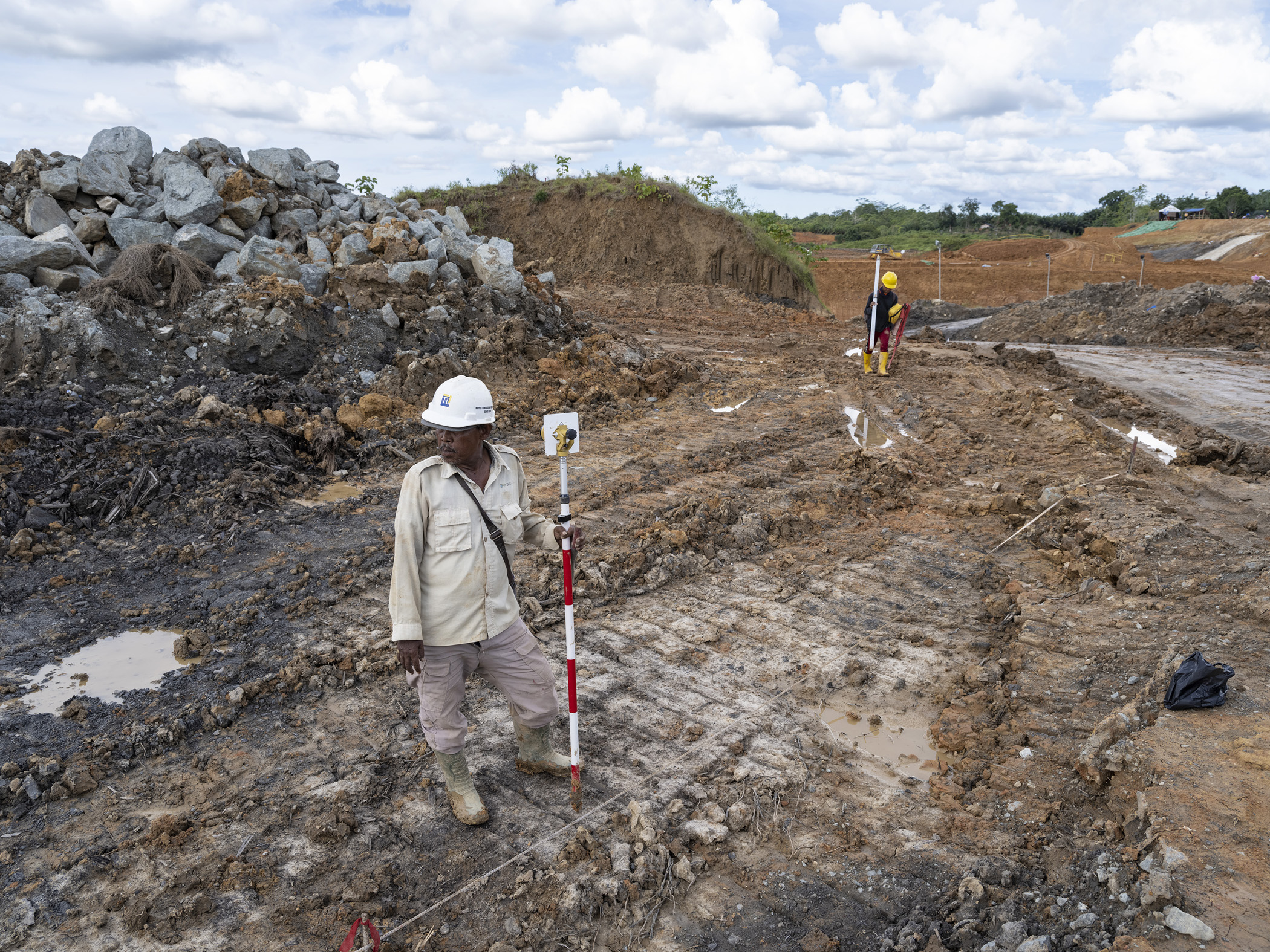
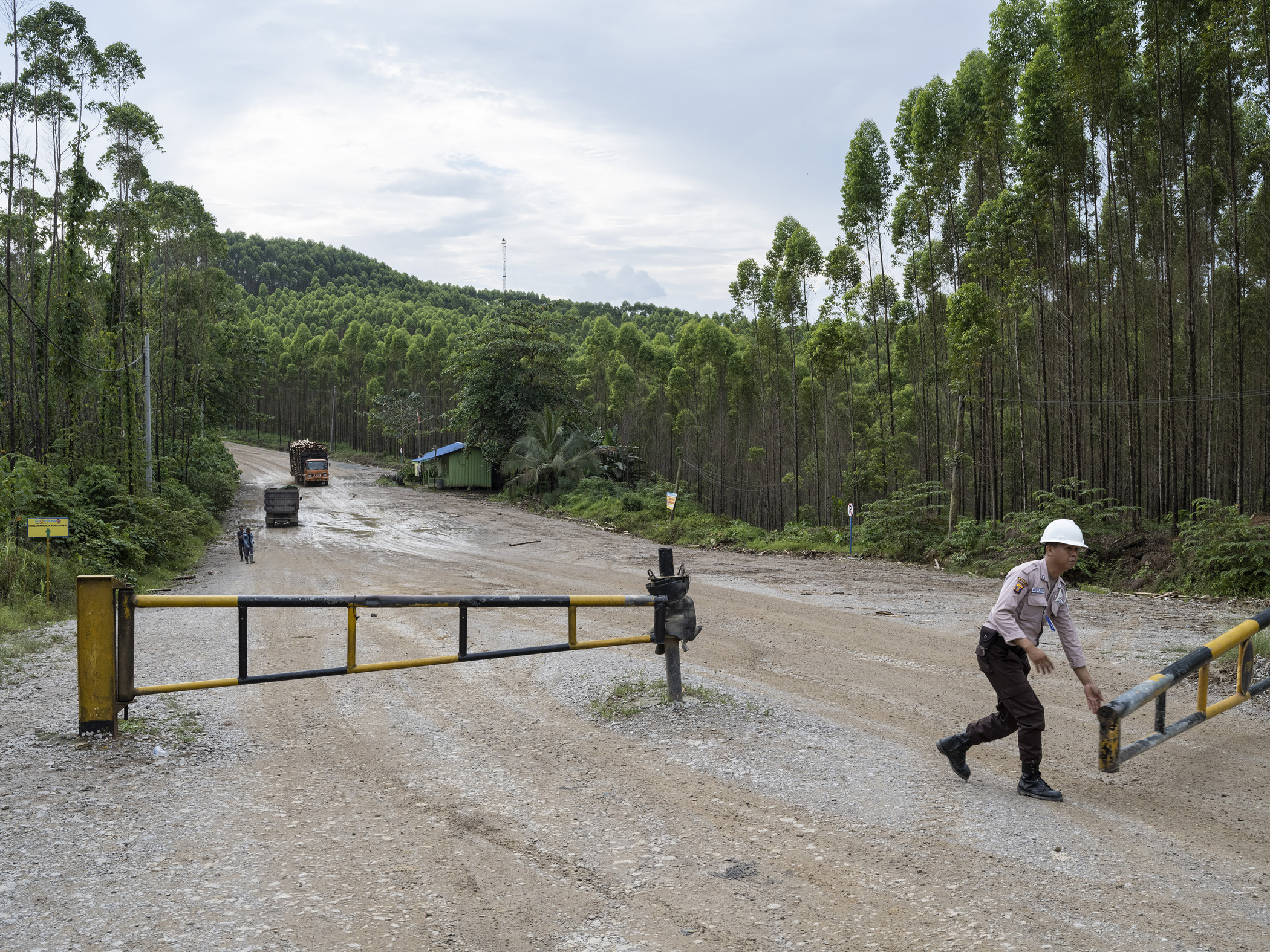
The future city has been named Nusantara, a compound name made up of ‘nusa’ (islands) and ‘antara’ (outer) in Old Javanese – Outer Islands. The design envisages a population of 2 million by 2045.
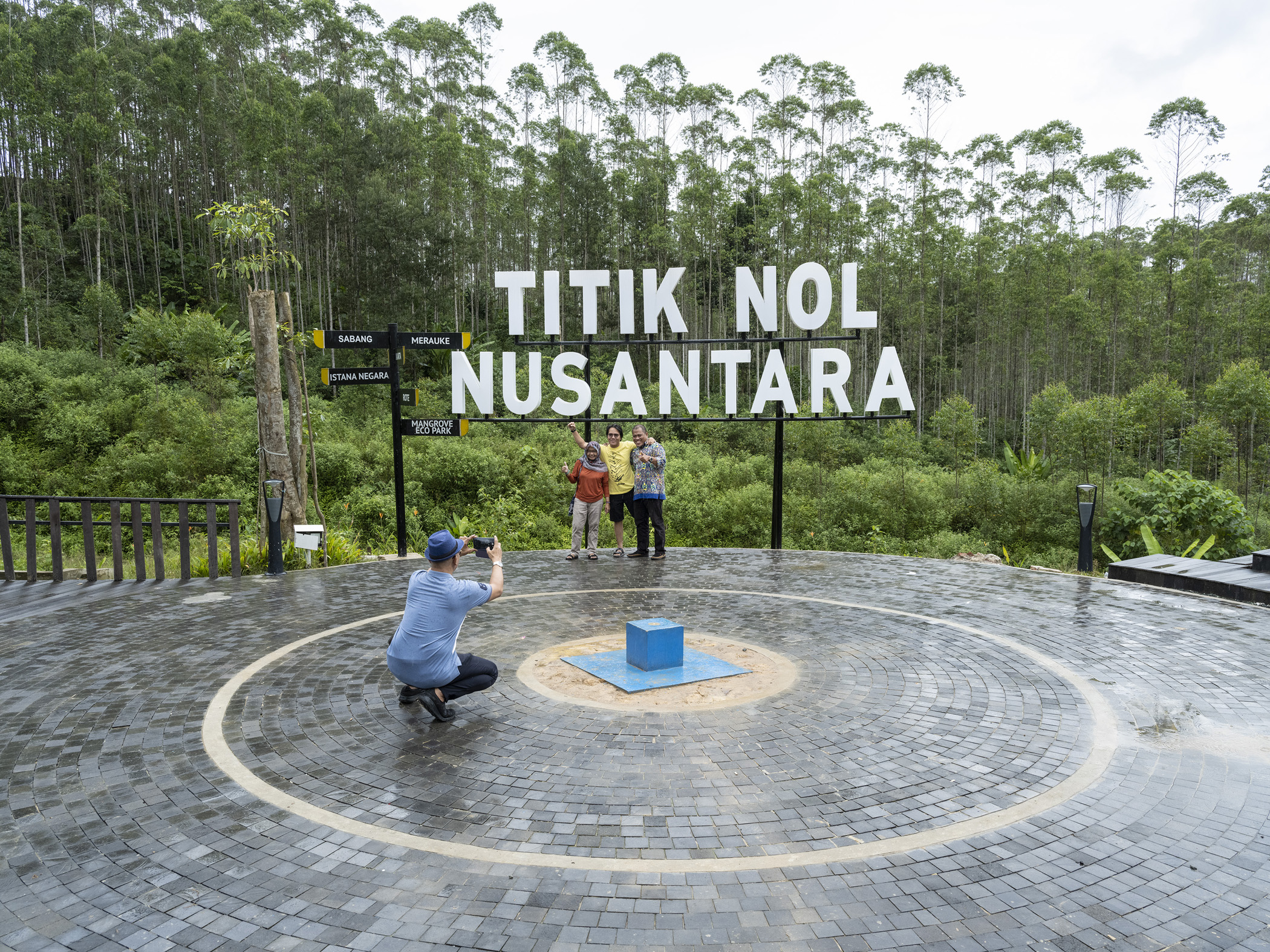
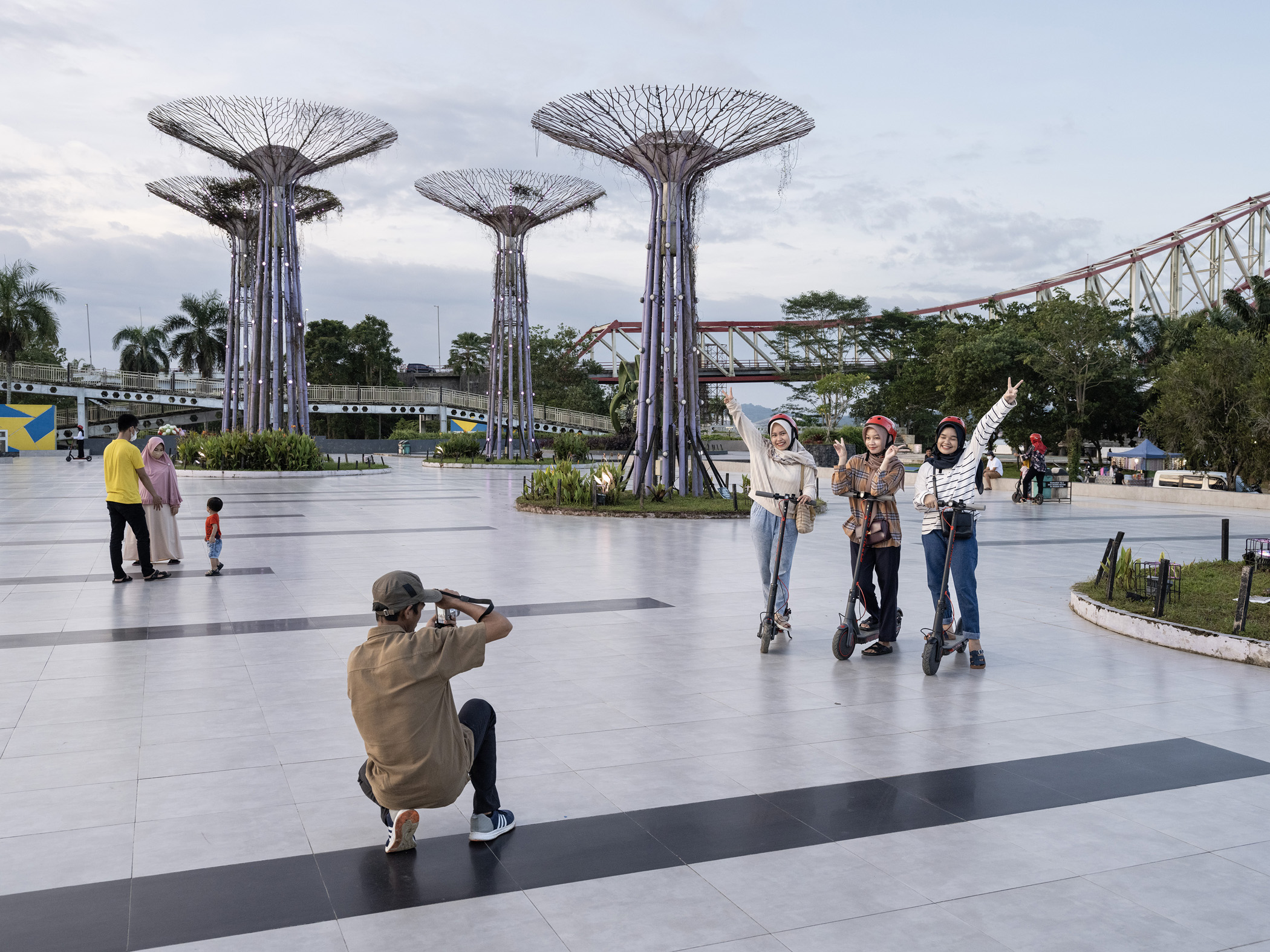
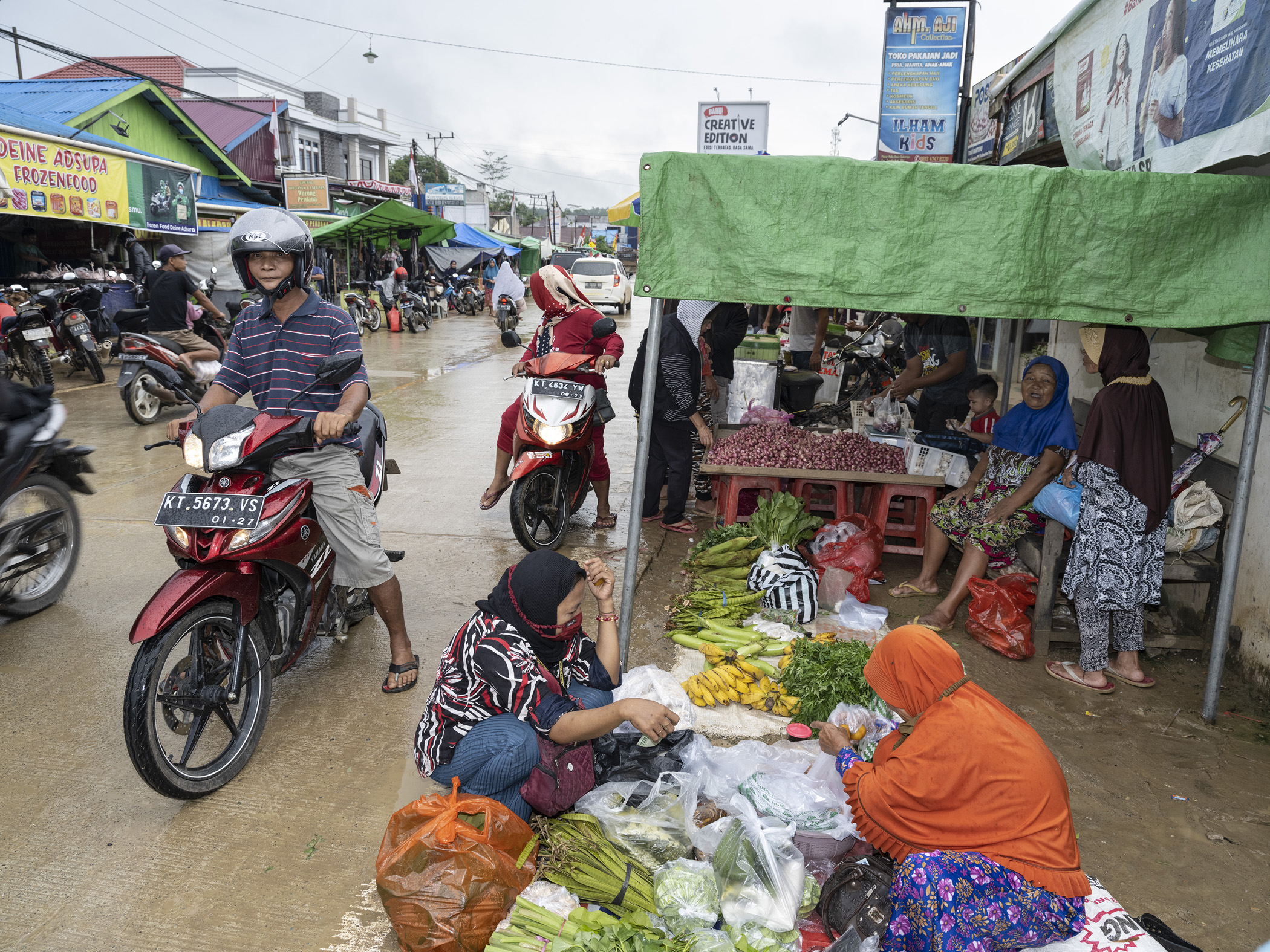
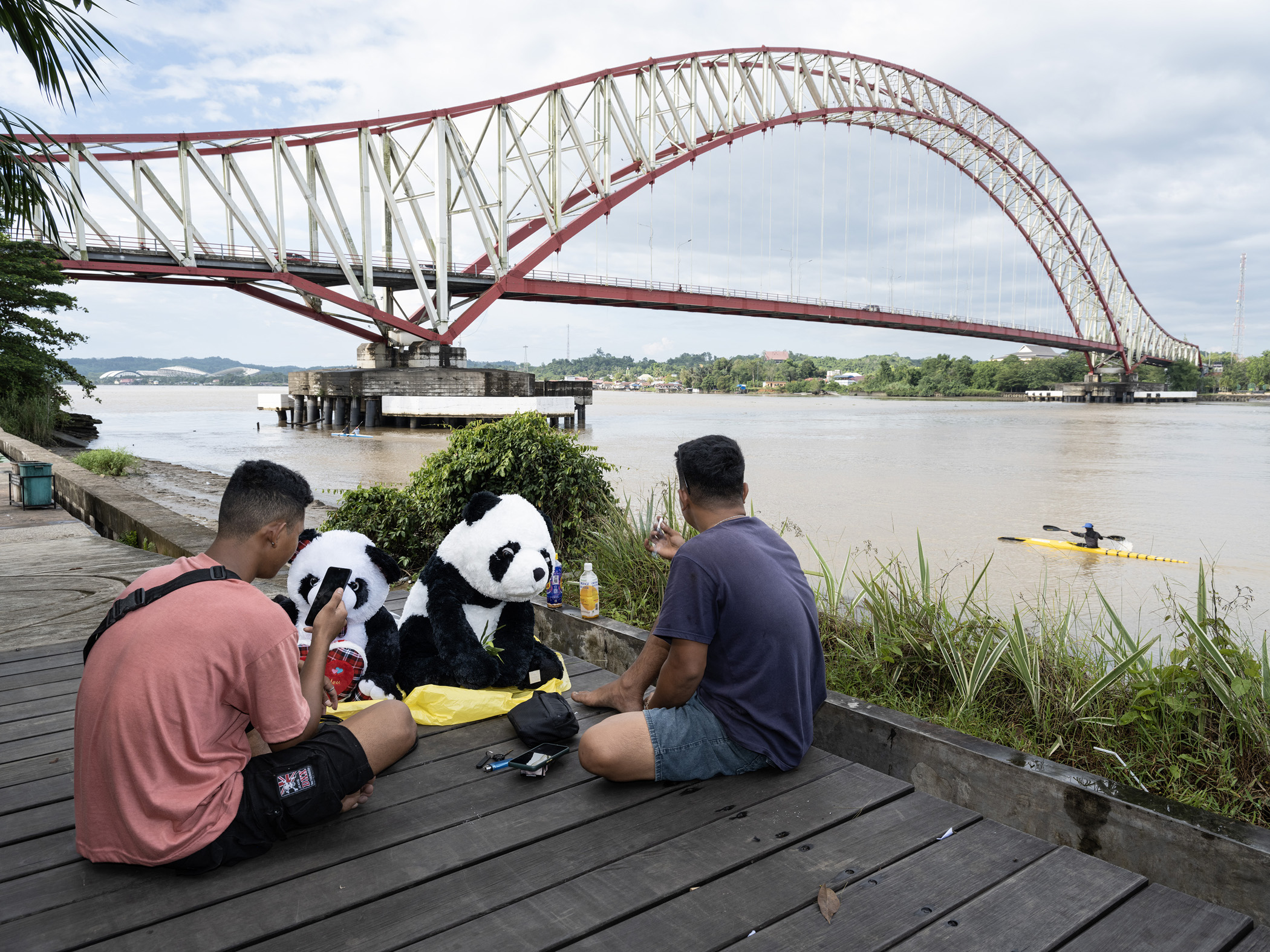
Jokowi makes the case that the capital will speed up Kalimantan’s economic development and shift the political centre of gravity from overpopulated Java, which accounts for over half of Indonesia’s 270 million people, to a more central location in the Indonesian archipelago.
The risk of earthquakes and tsunamis is also much lower in Borneo. Nusantara is to be a sustainable and carbon-neutral smart city surrounded by forests. Ironically, the future city lies at the heart of Indonesia’s coal industry.
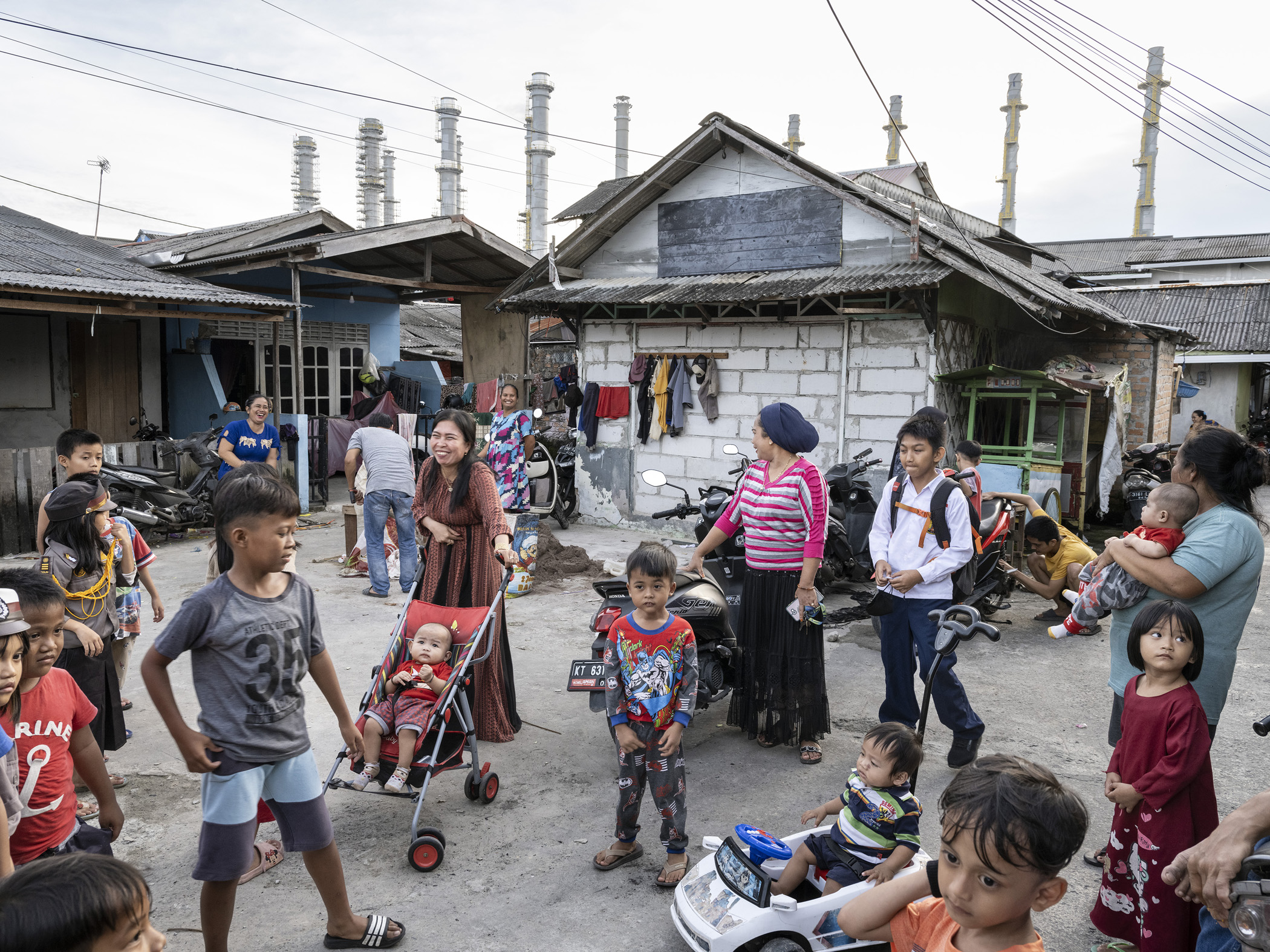
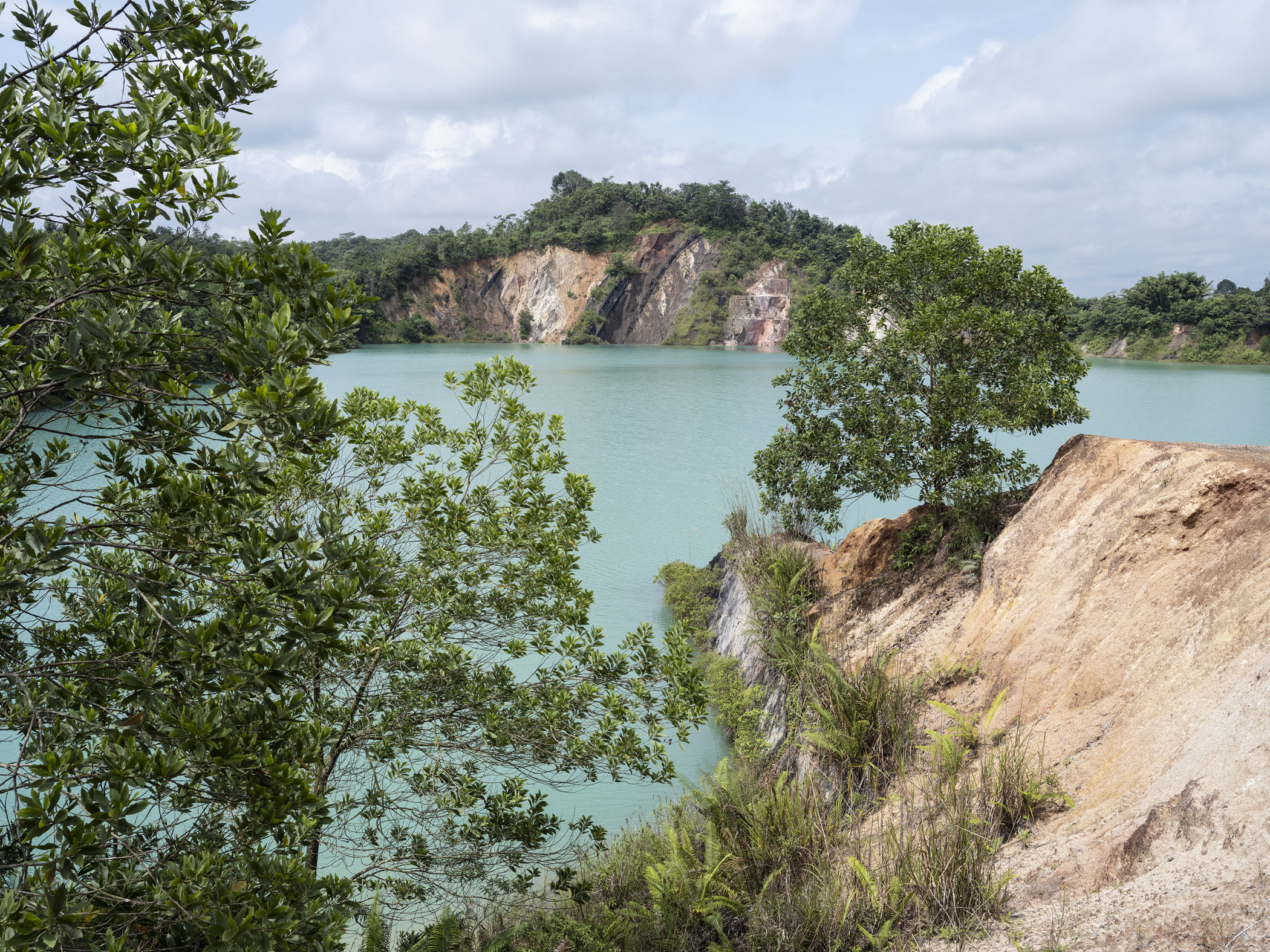
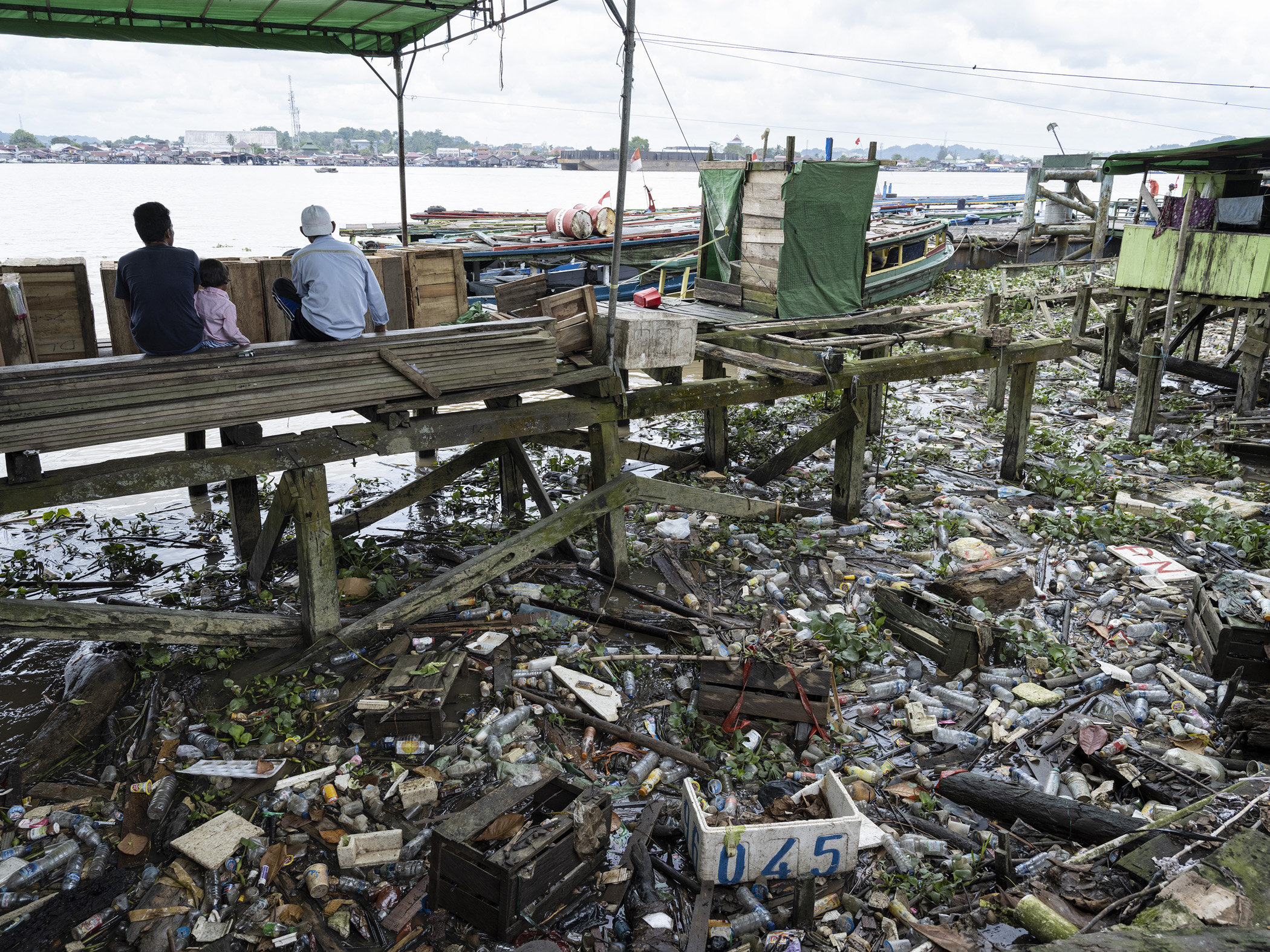
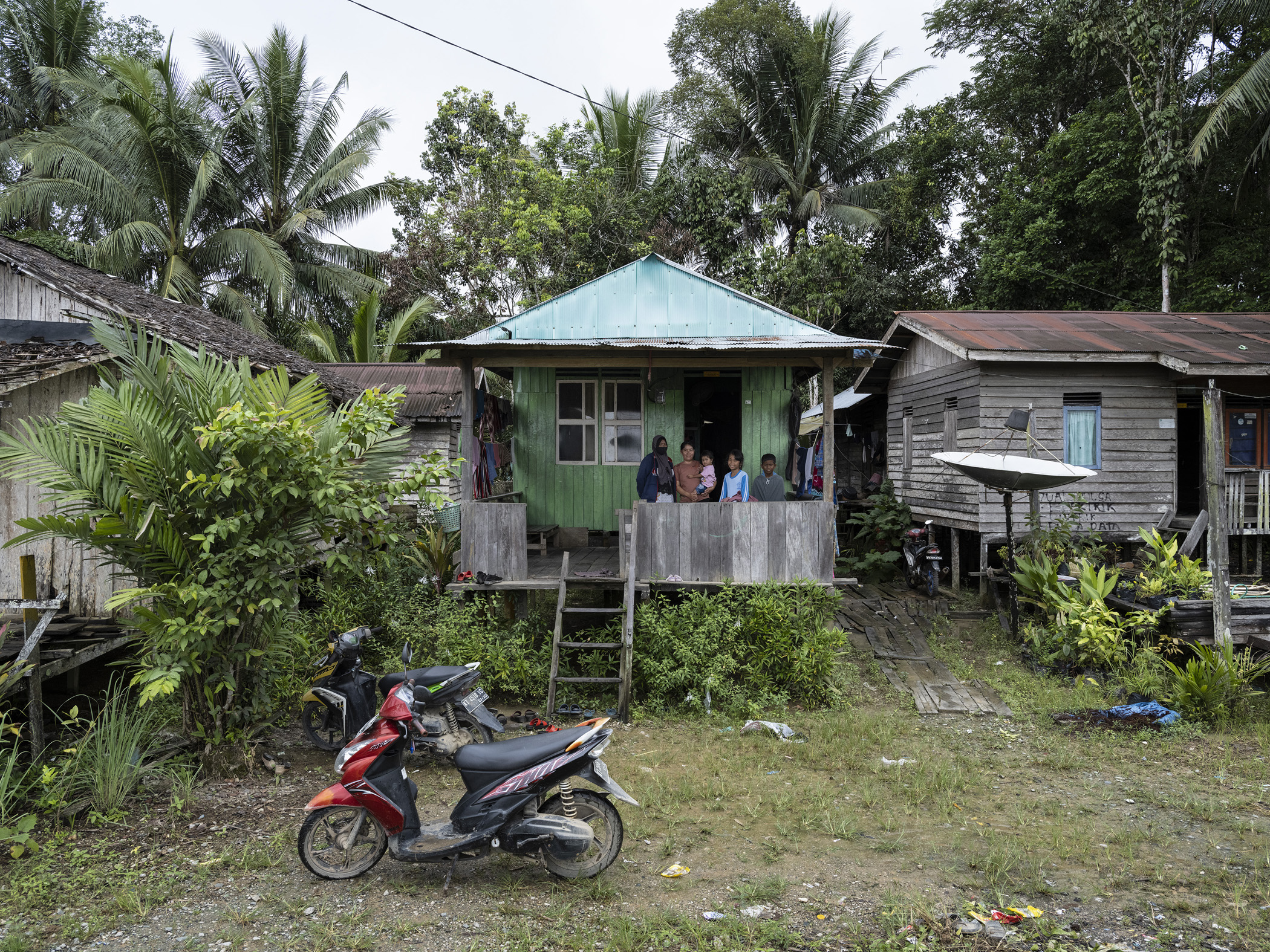
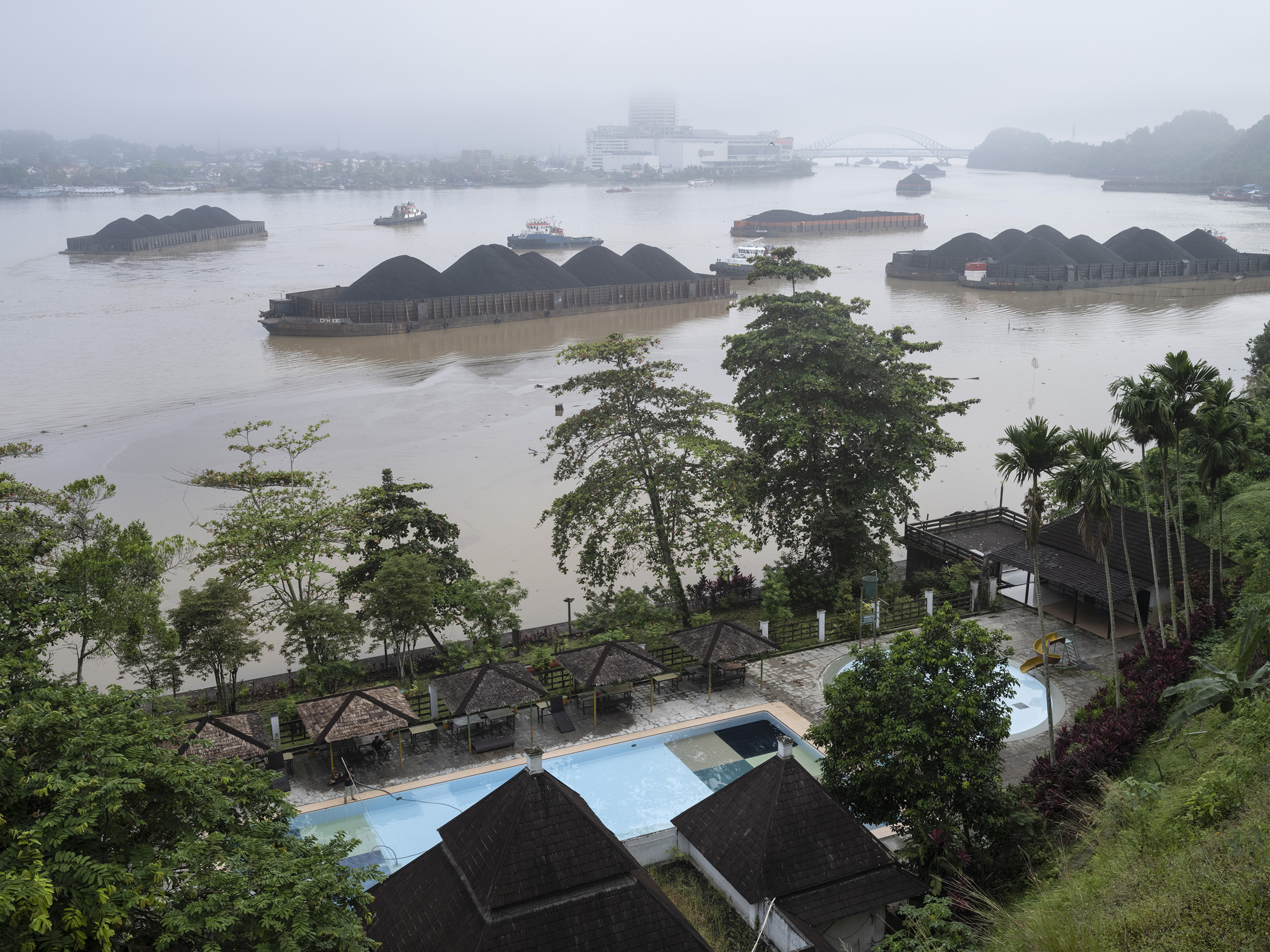
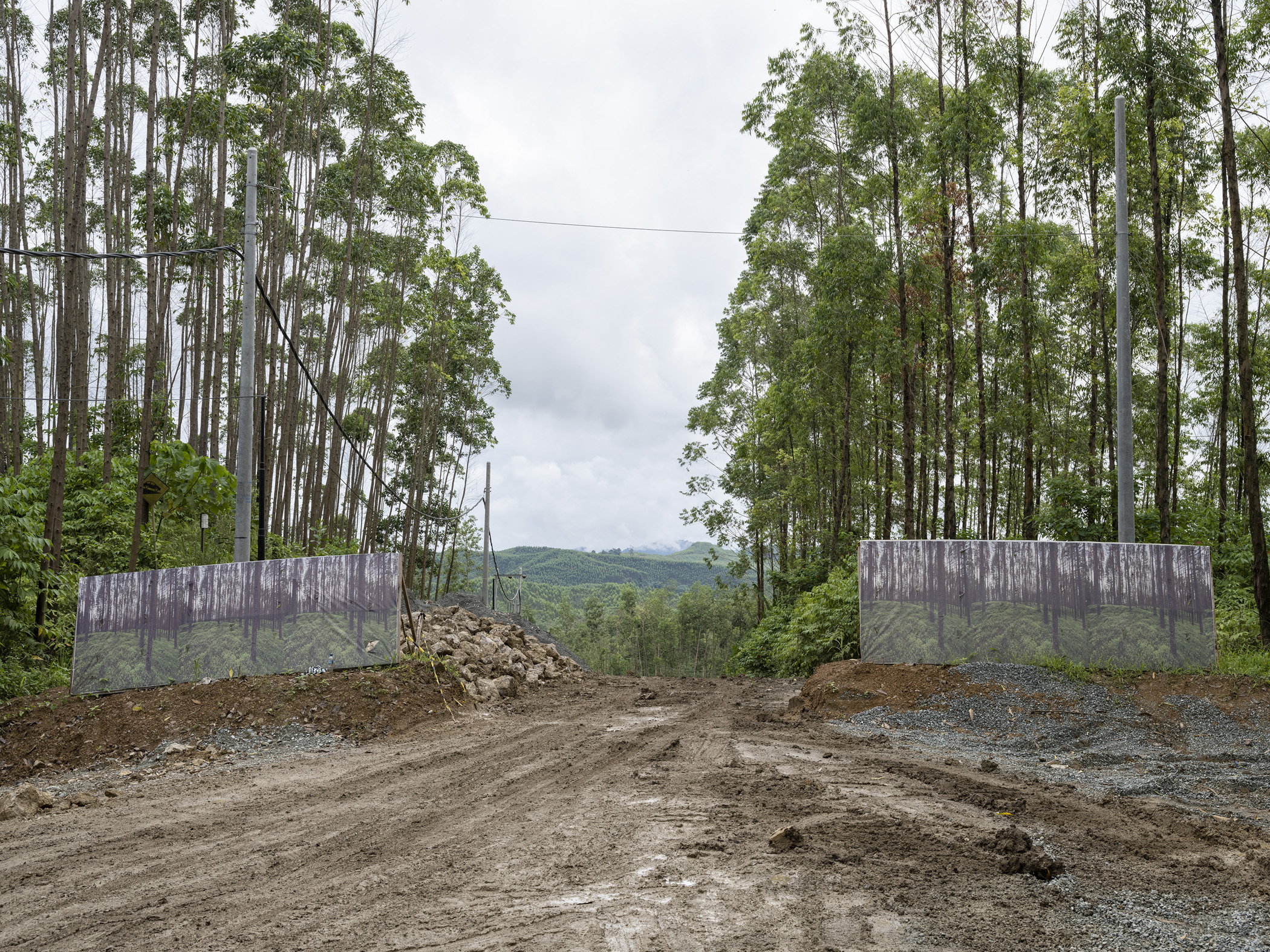
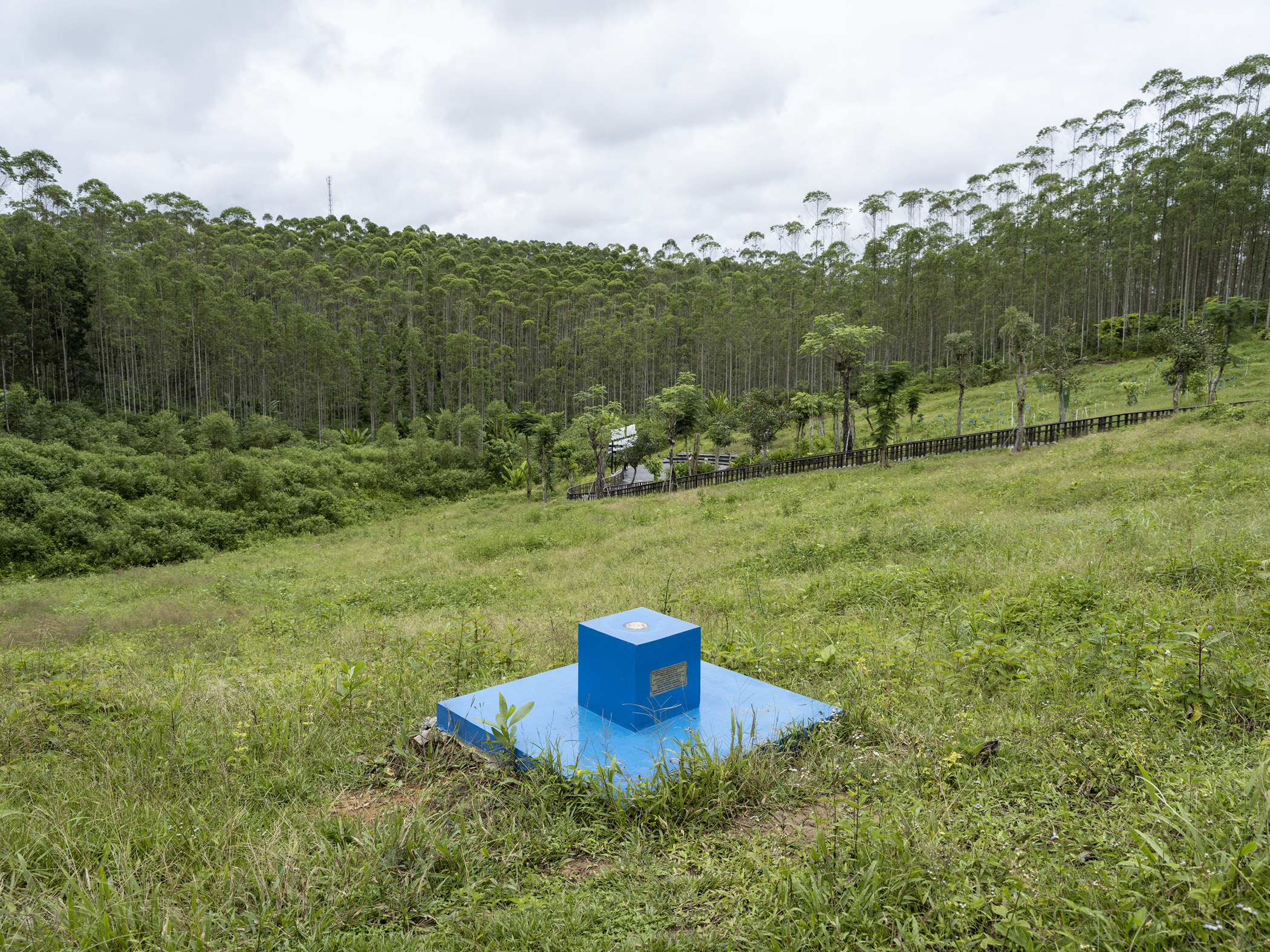
The prestige project has numerous critics. Environmentalists fear it will increase pressure on the rainforest and mangroves. Local indigenous people meanwhile worry about their future and their traditional way of life. Fishermen of the Balikpapan Bay already complain about pollution from industry and coal mining and worry about this becoming much worse.
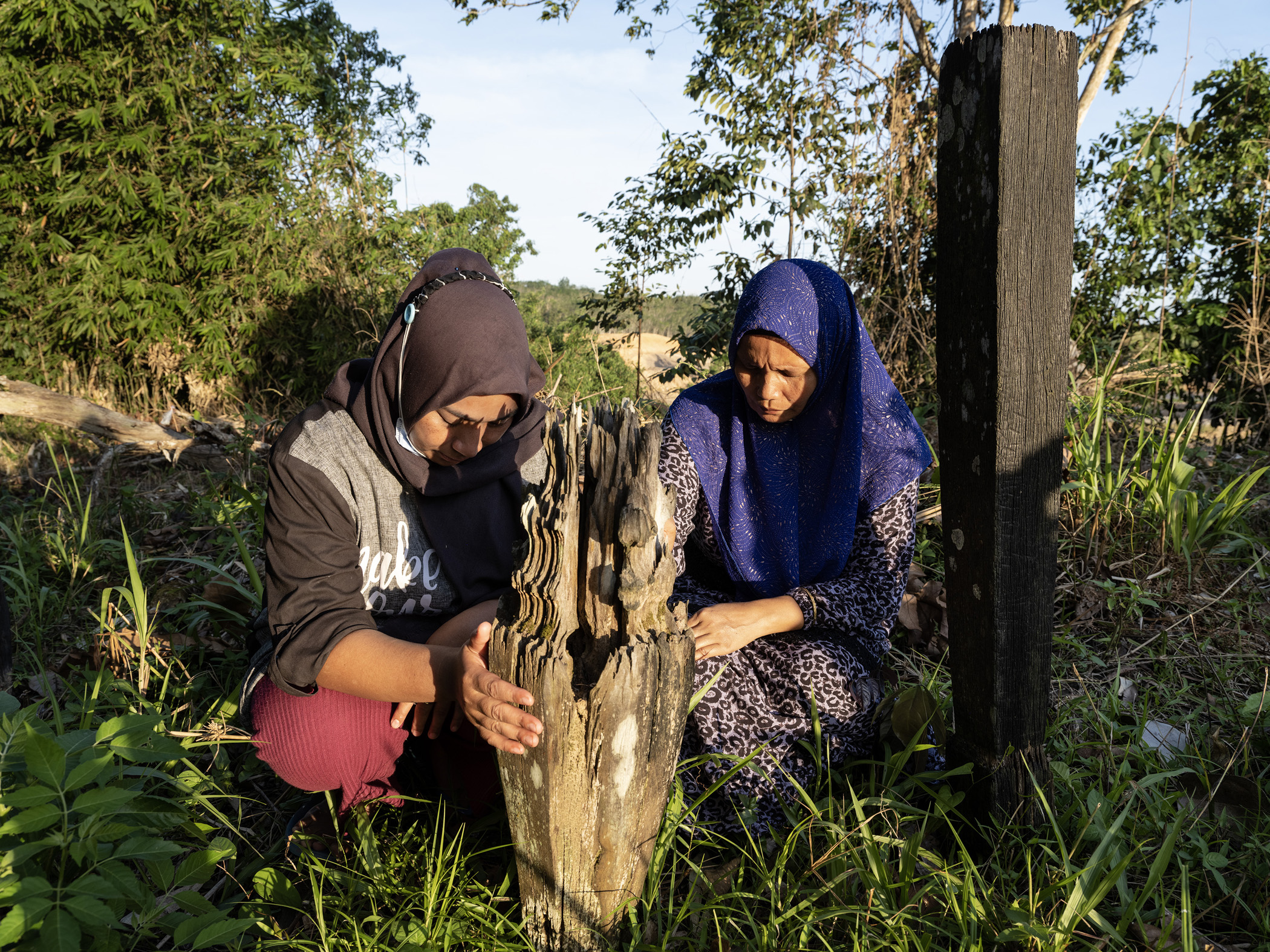
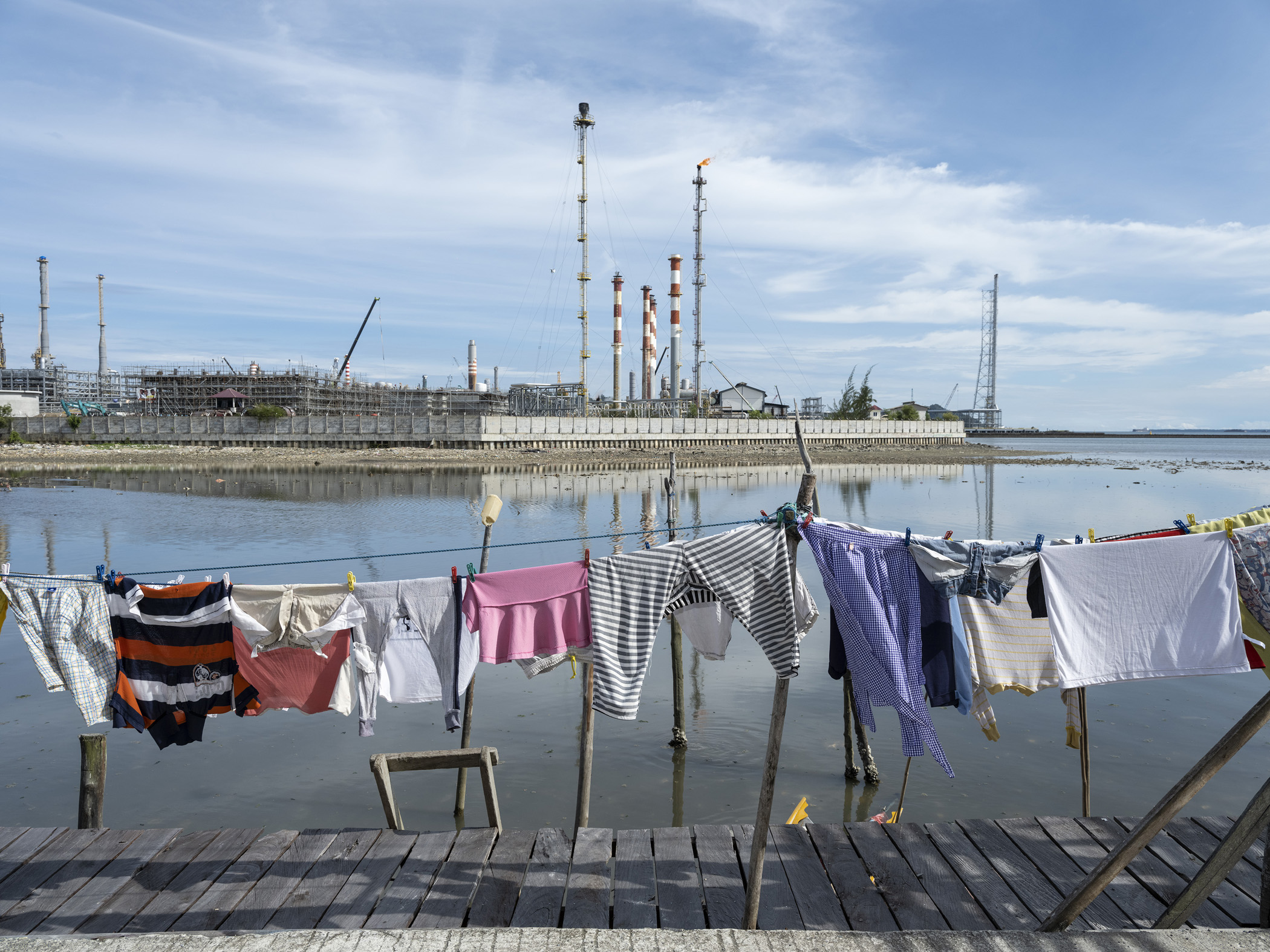
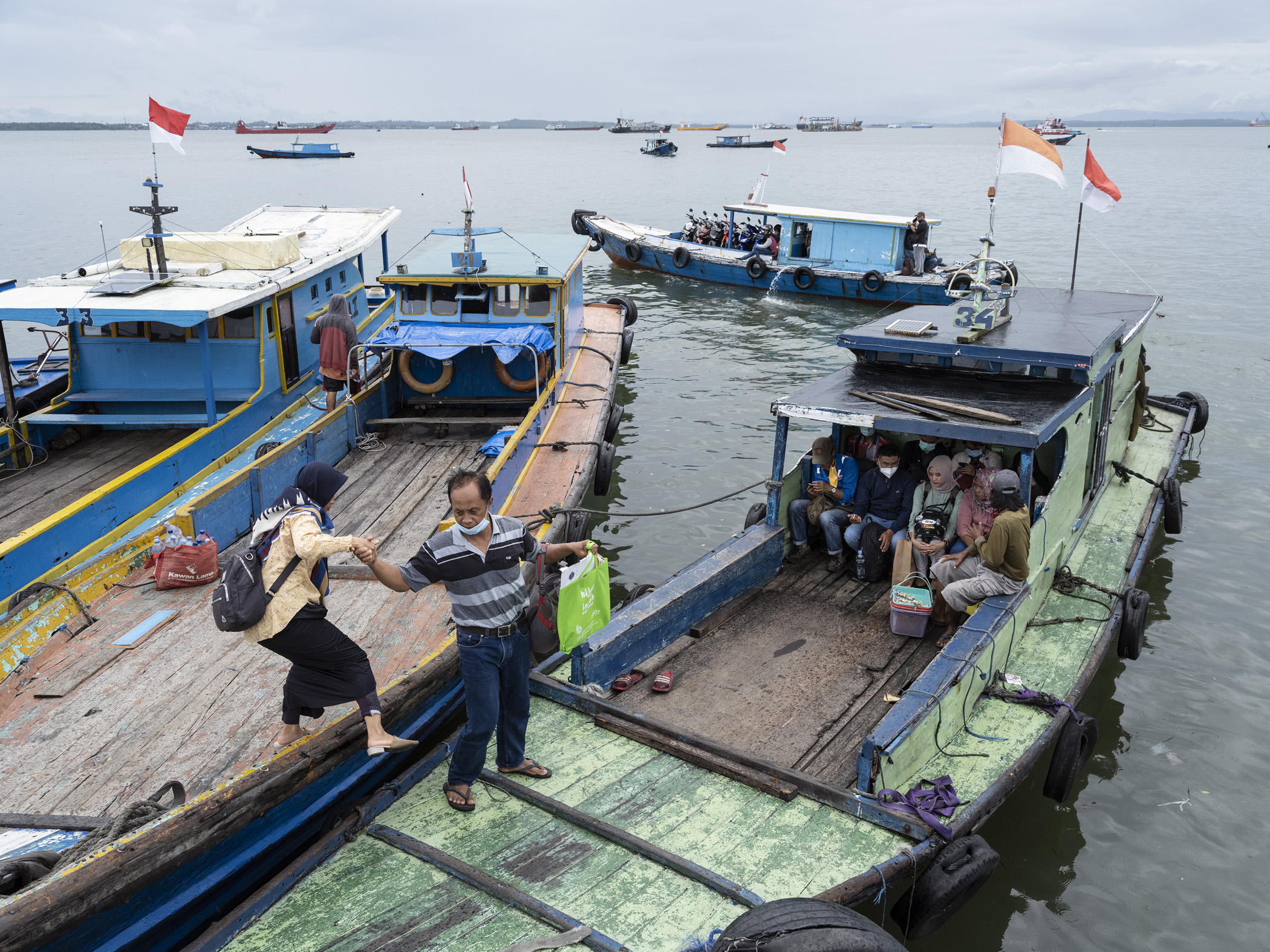
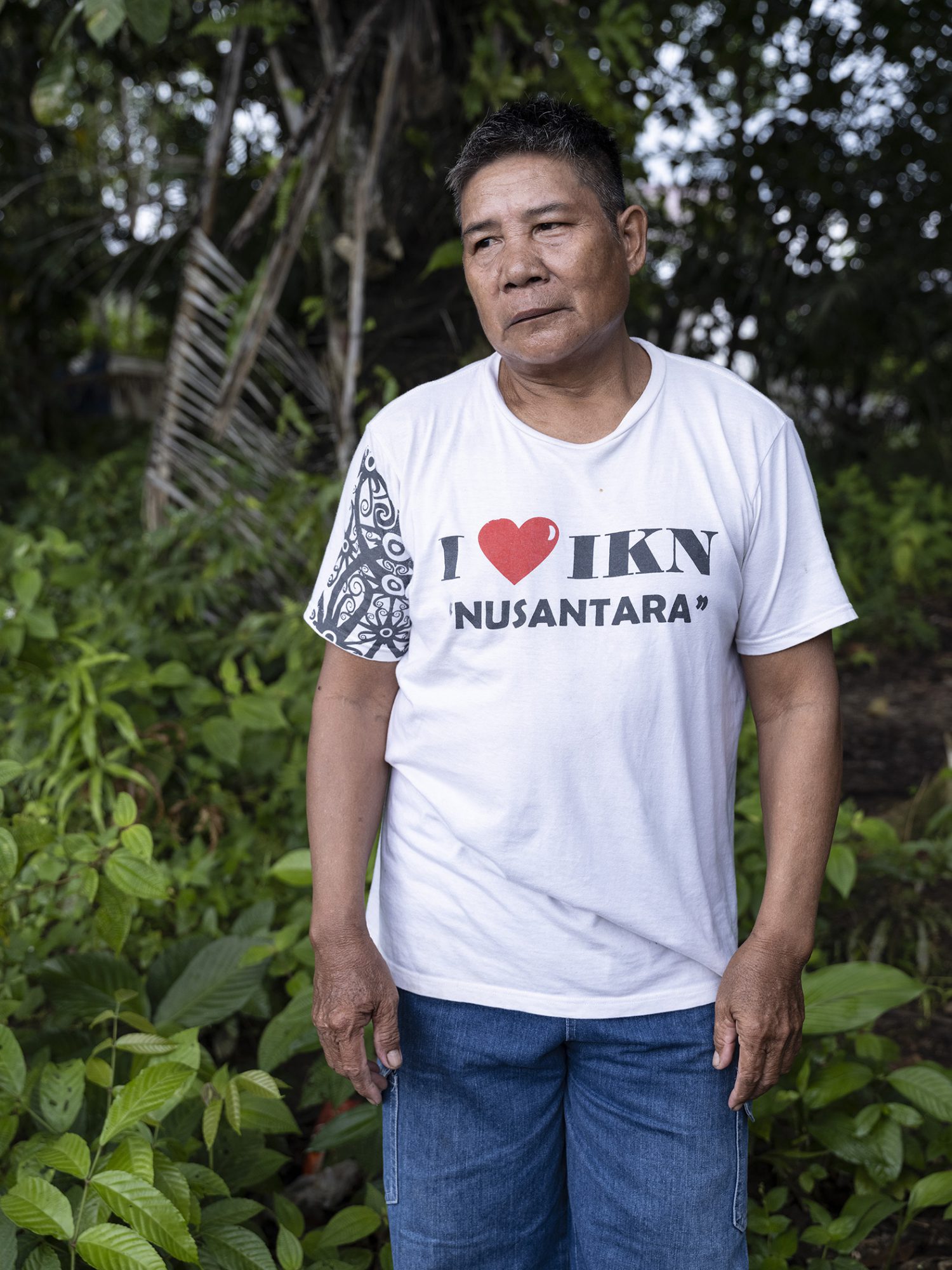
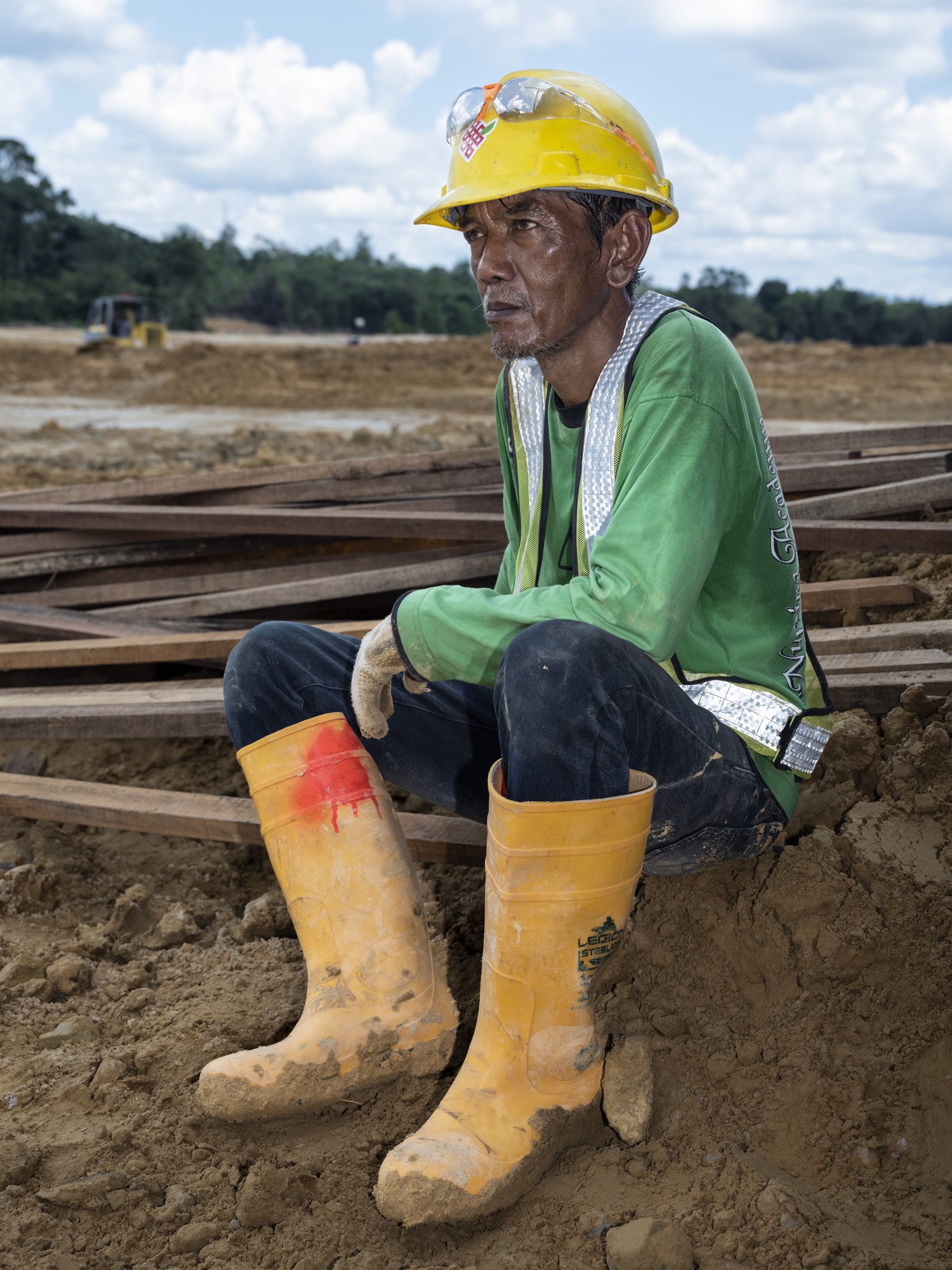
Jokowi plans to officially inaugurate the new capital in 2024, the year an election is scheduled to take place and also the end of his second consecutive term in office. By then, it is hoped, the monumental presidential palace and some ministries and housing should be completed.
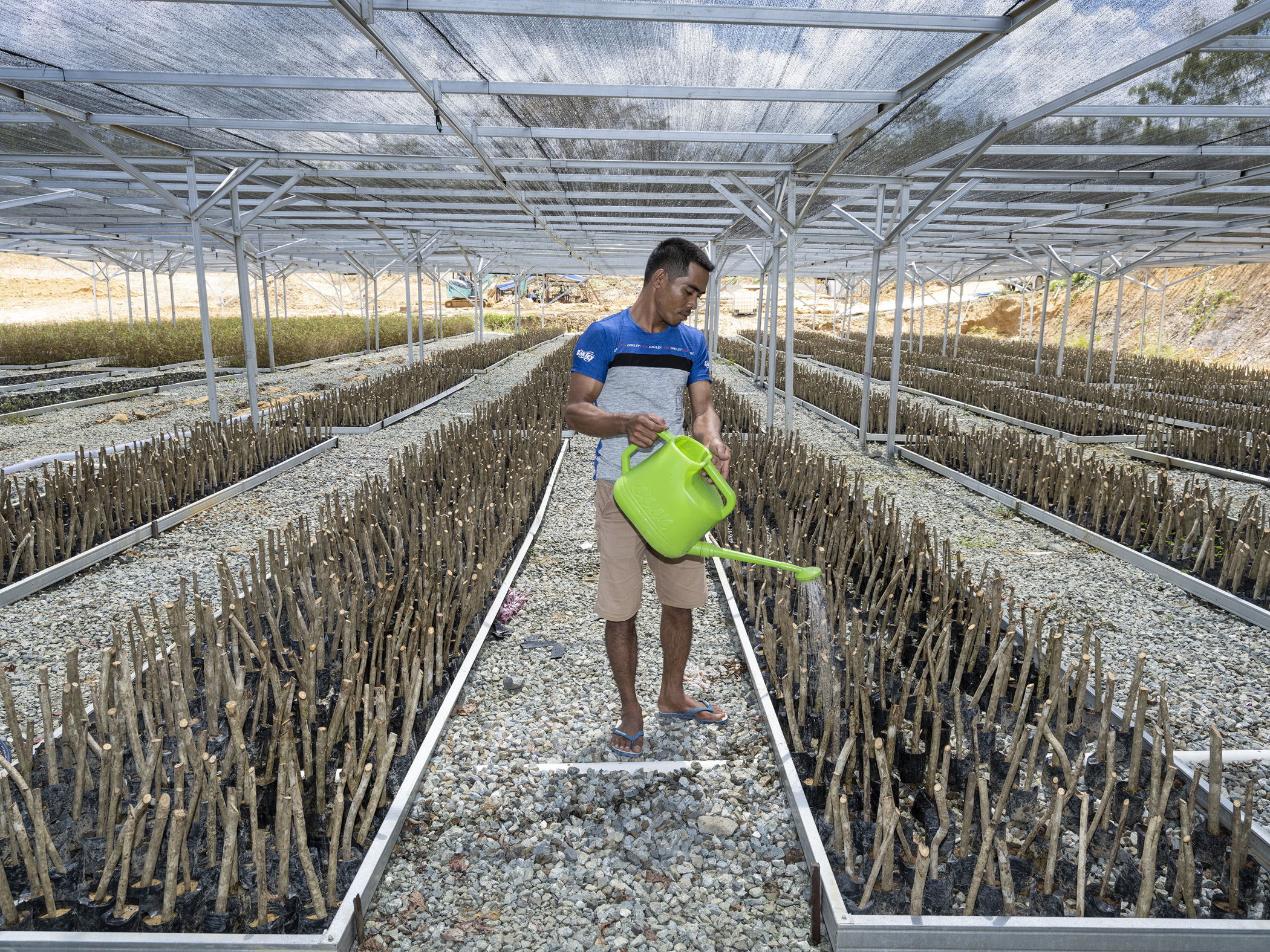
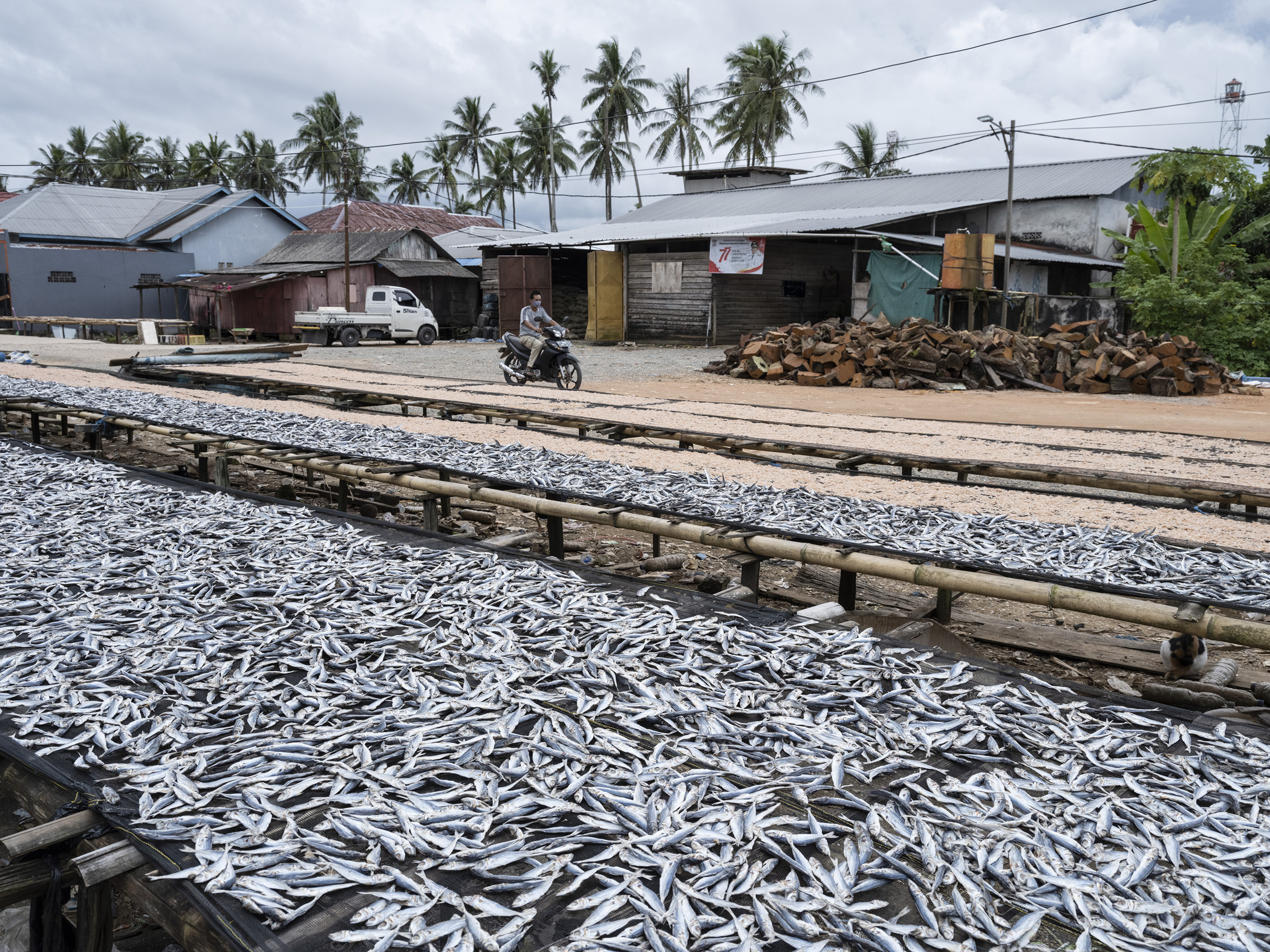
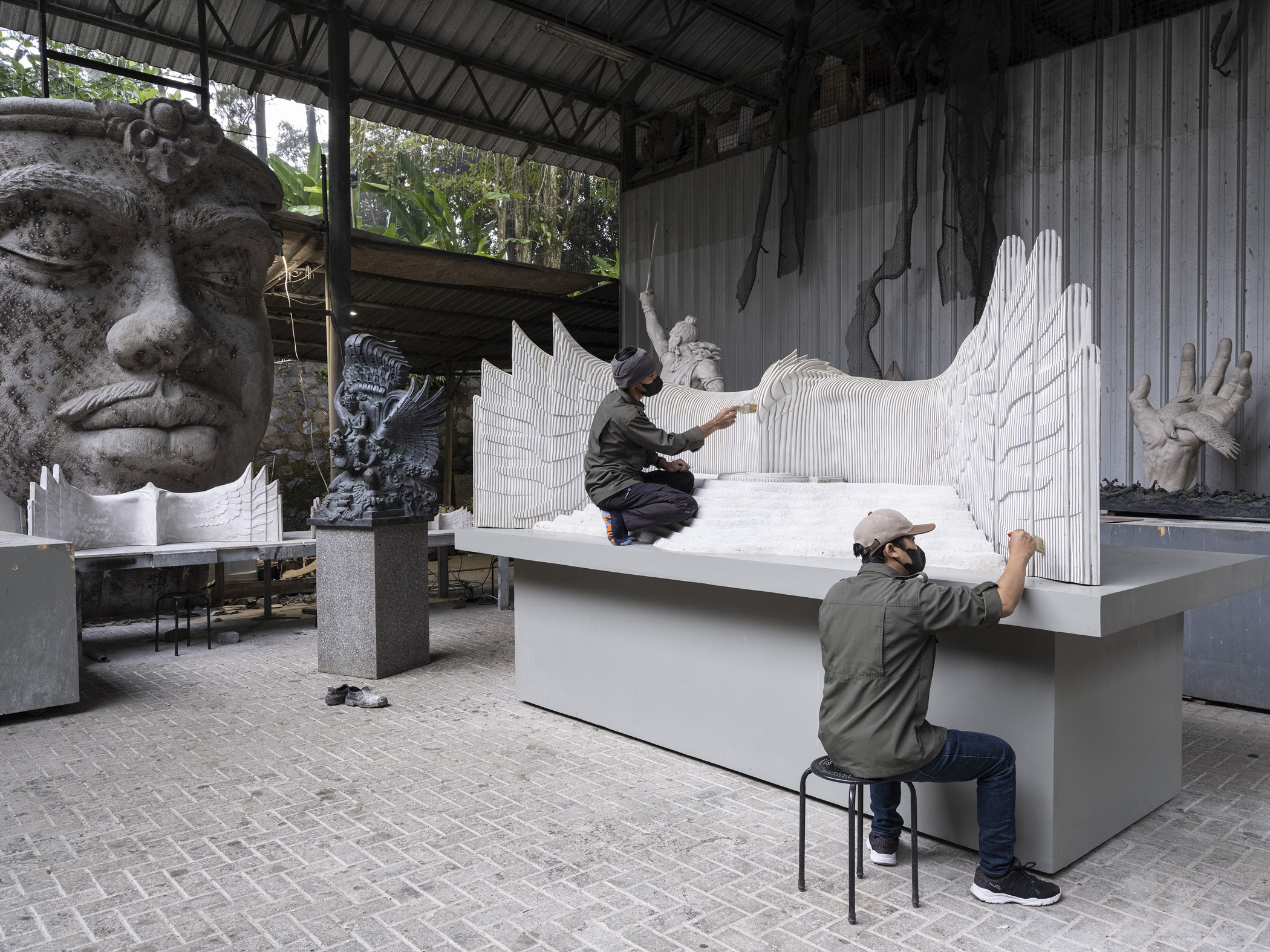
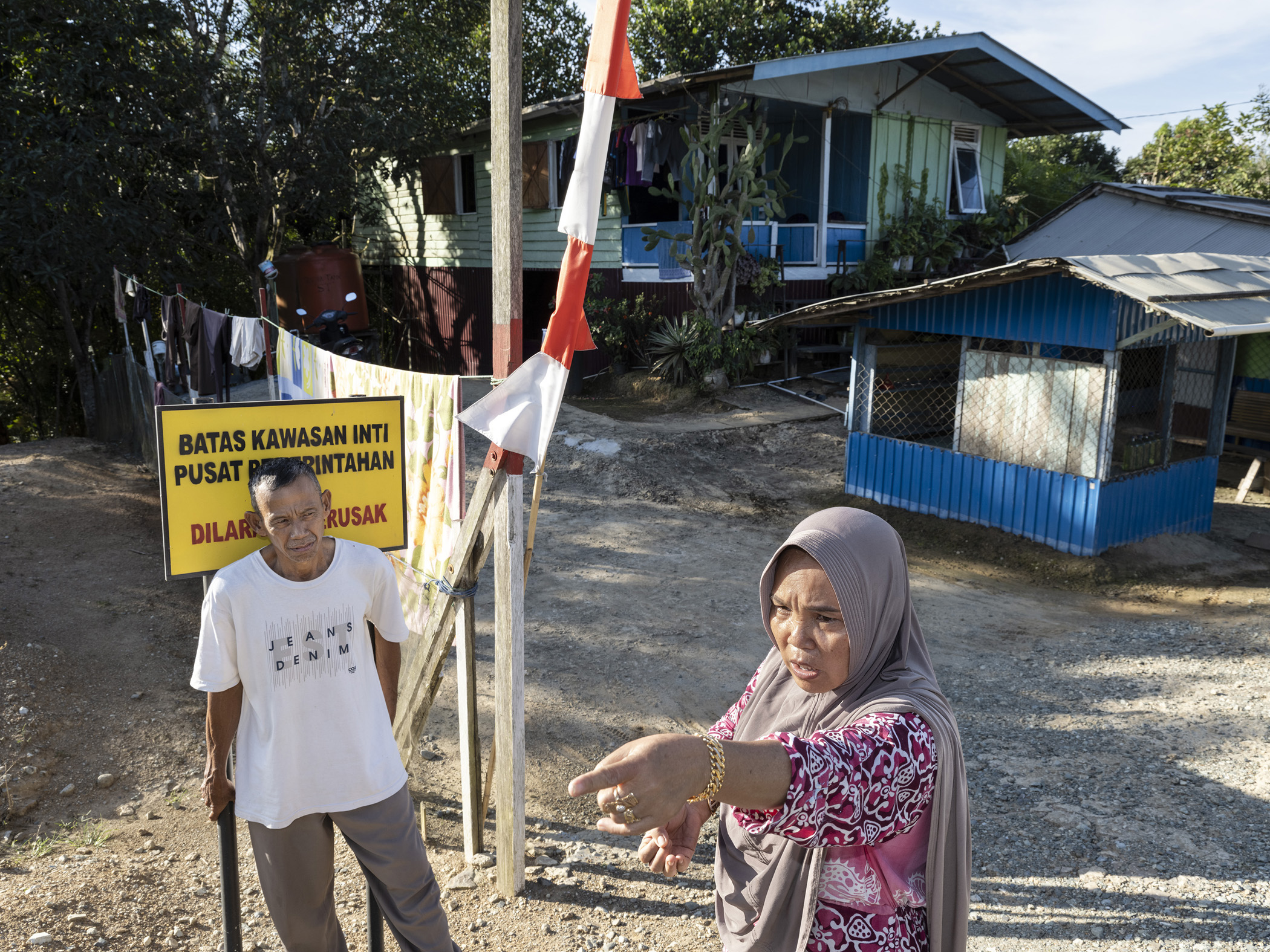
At present that deadline seems highly doubtful. Apart from a few dams and some new roads, the area remains a muddy and largely inactive construction site in the middle of forest.
